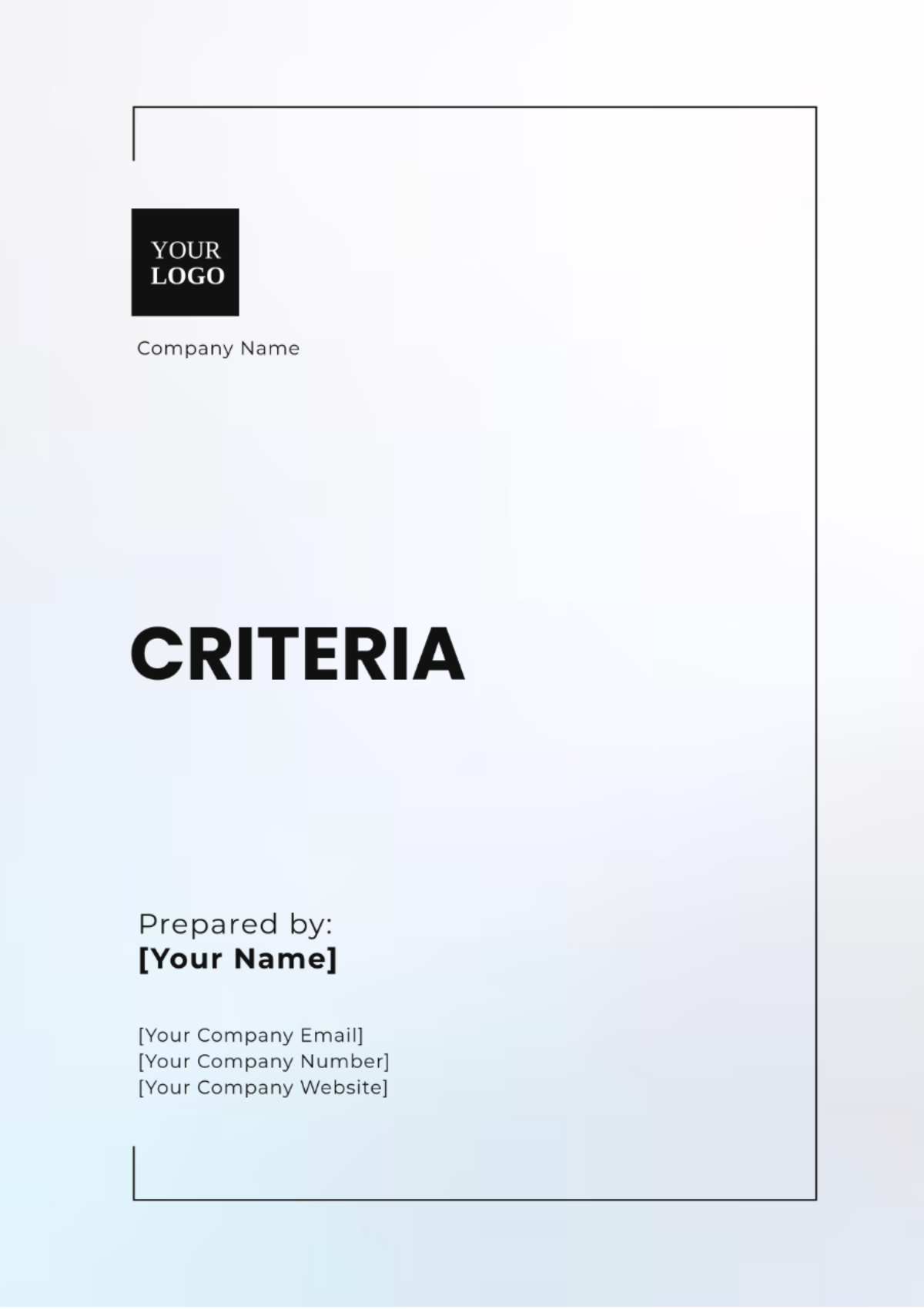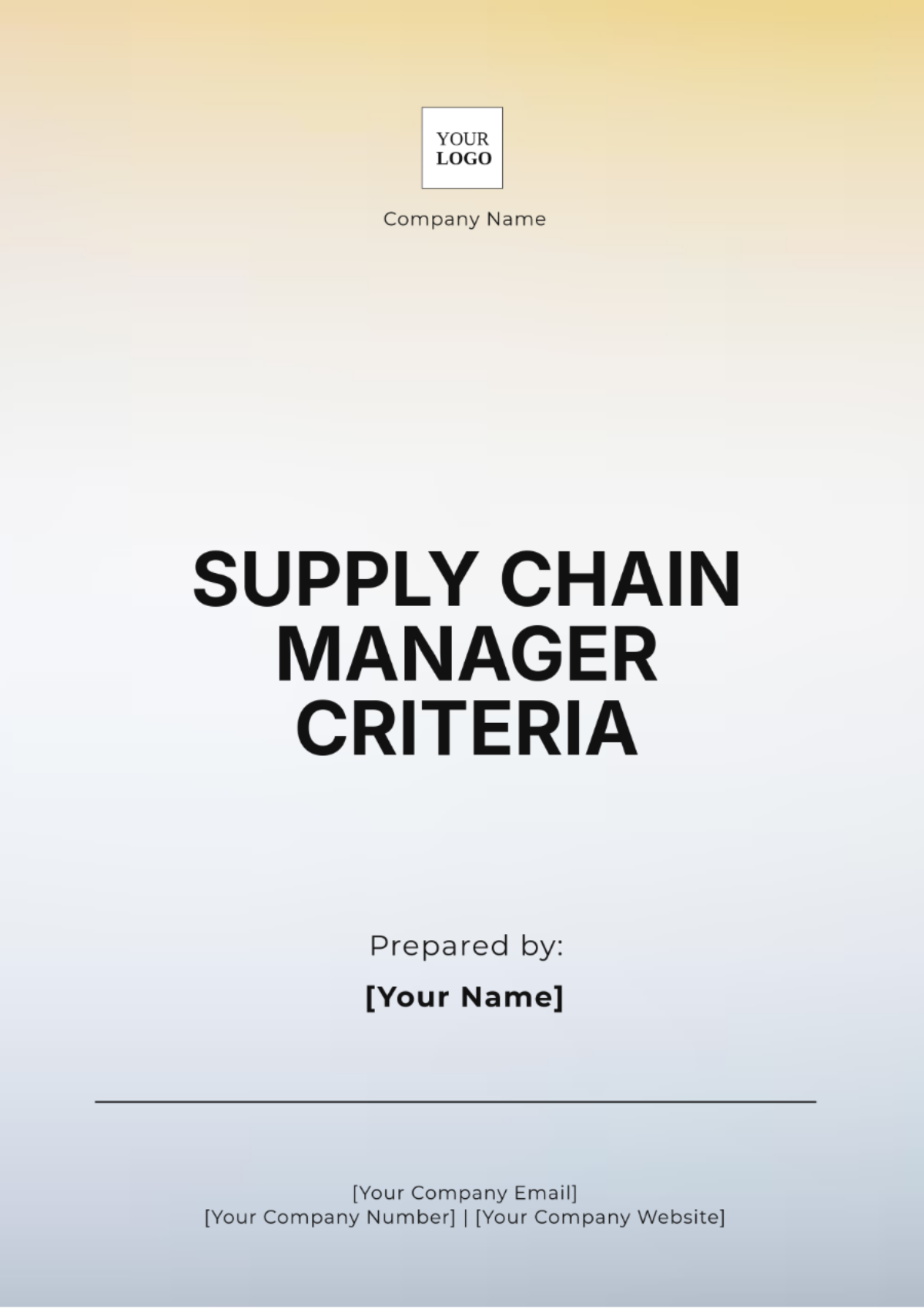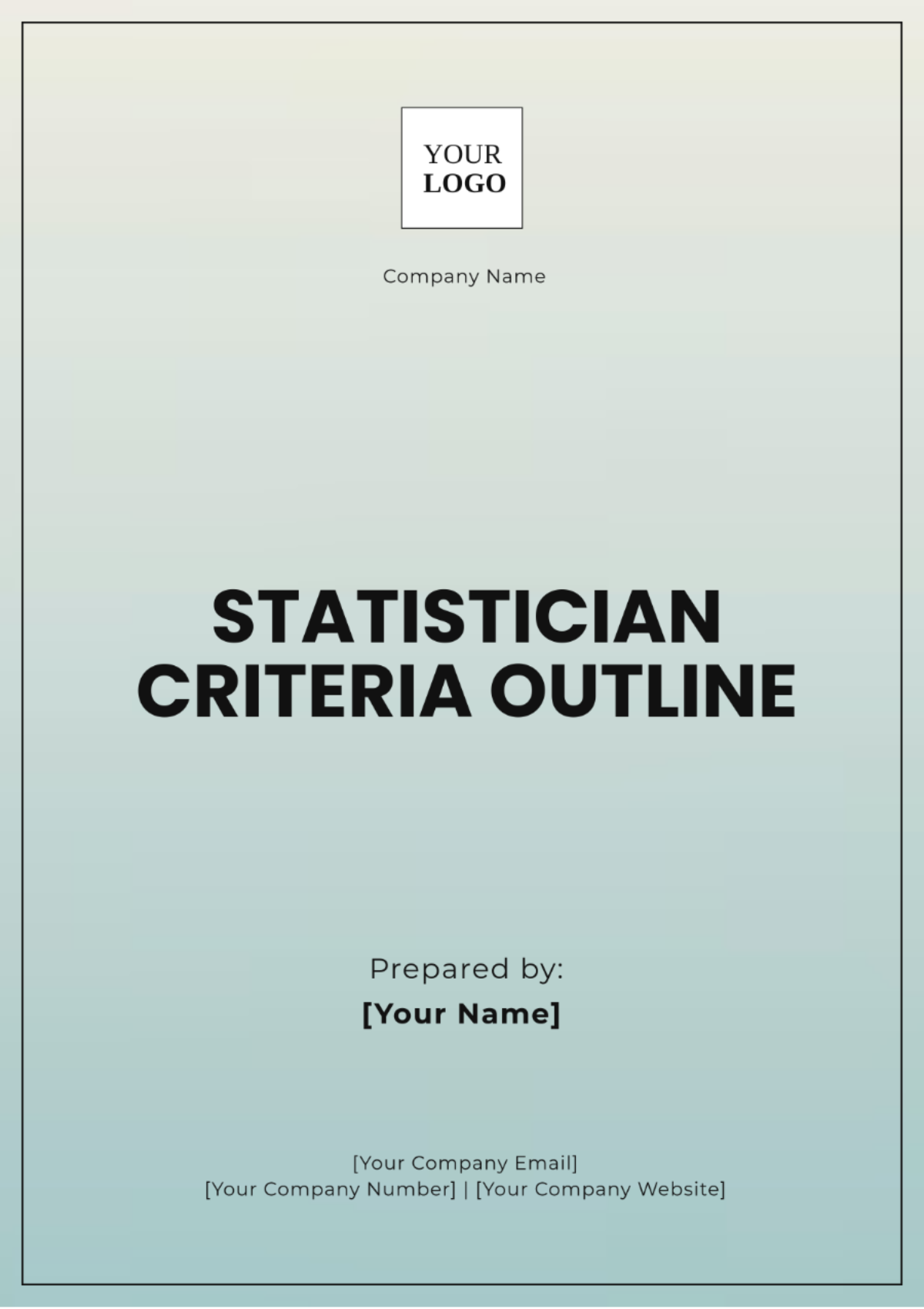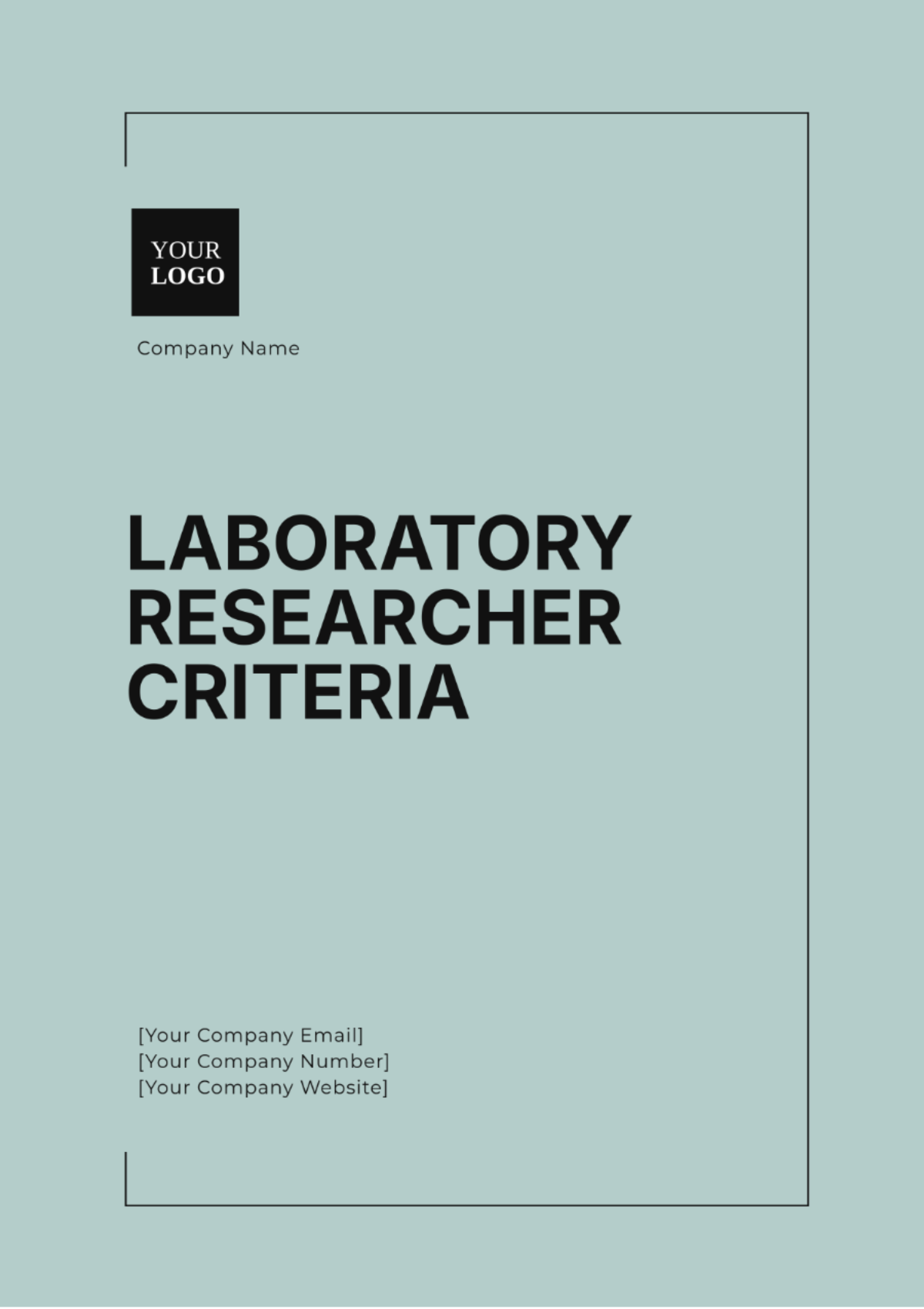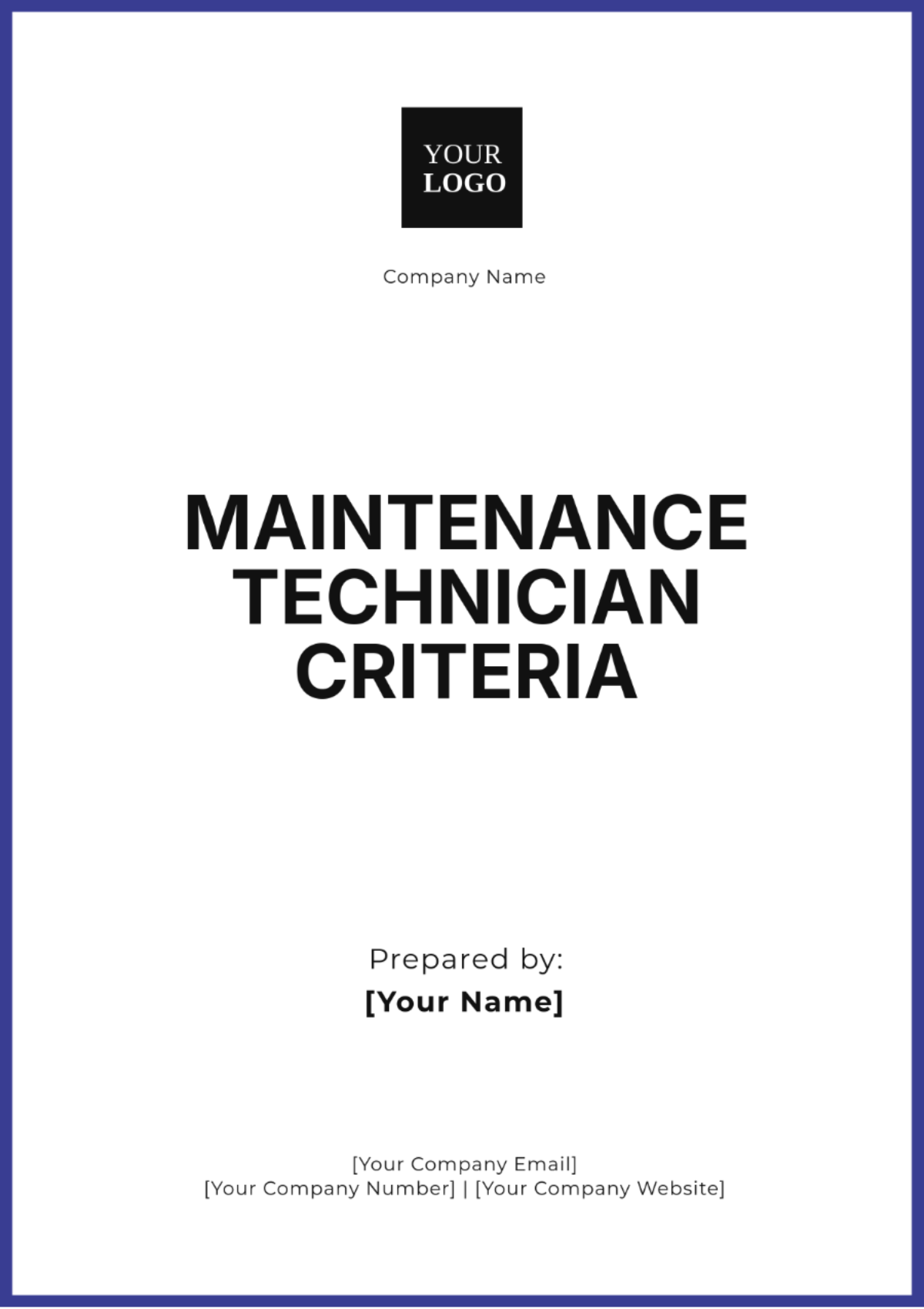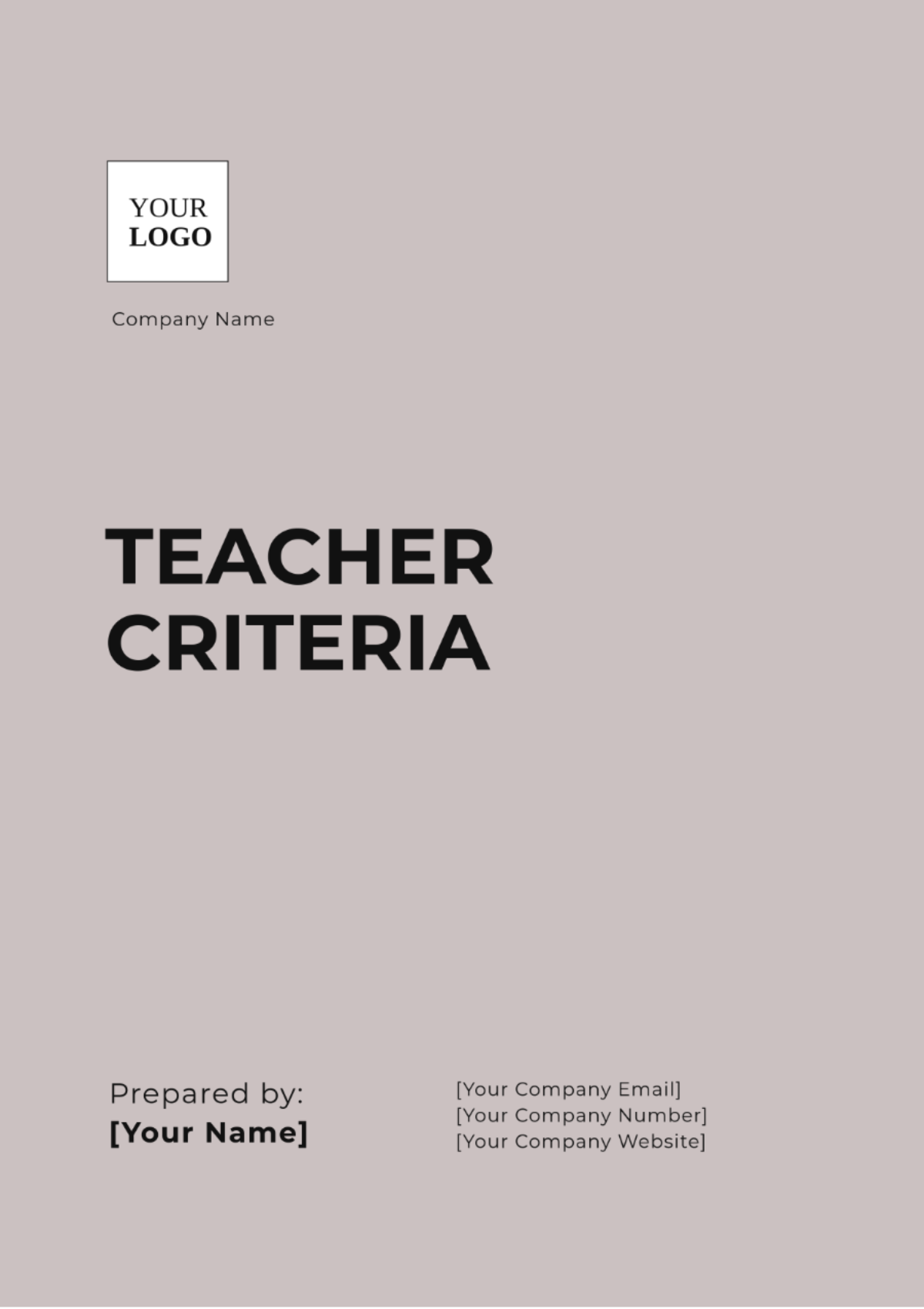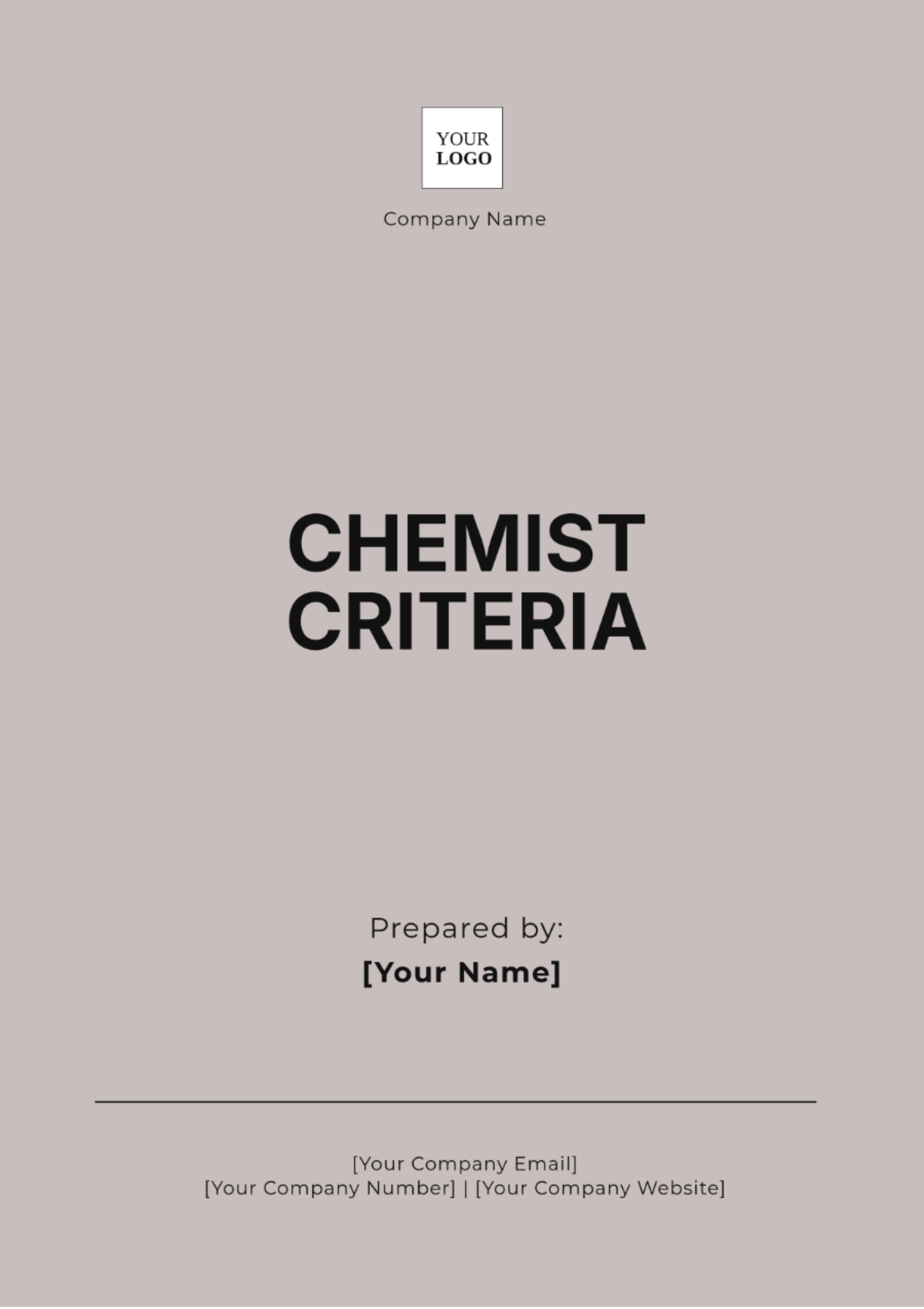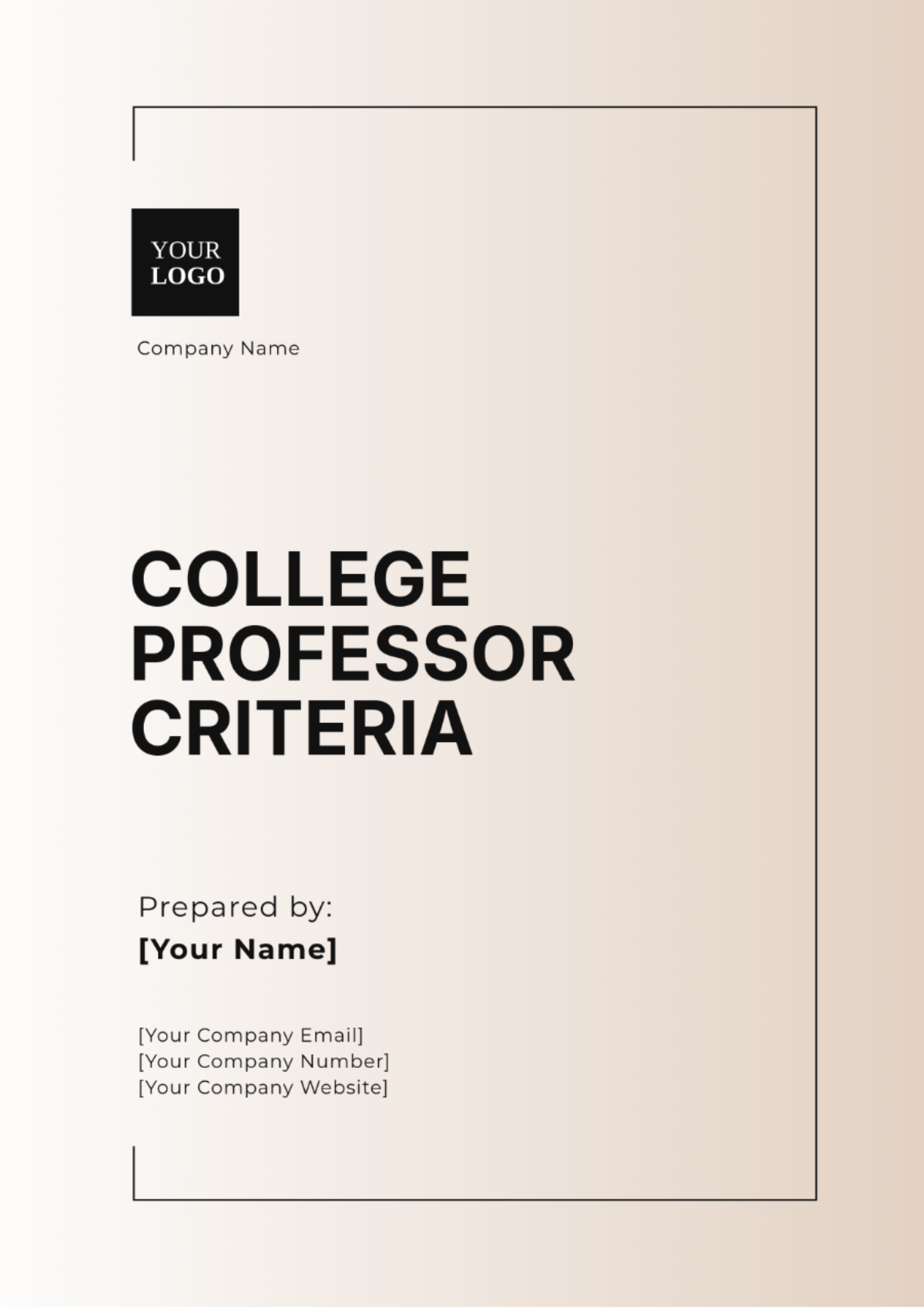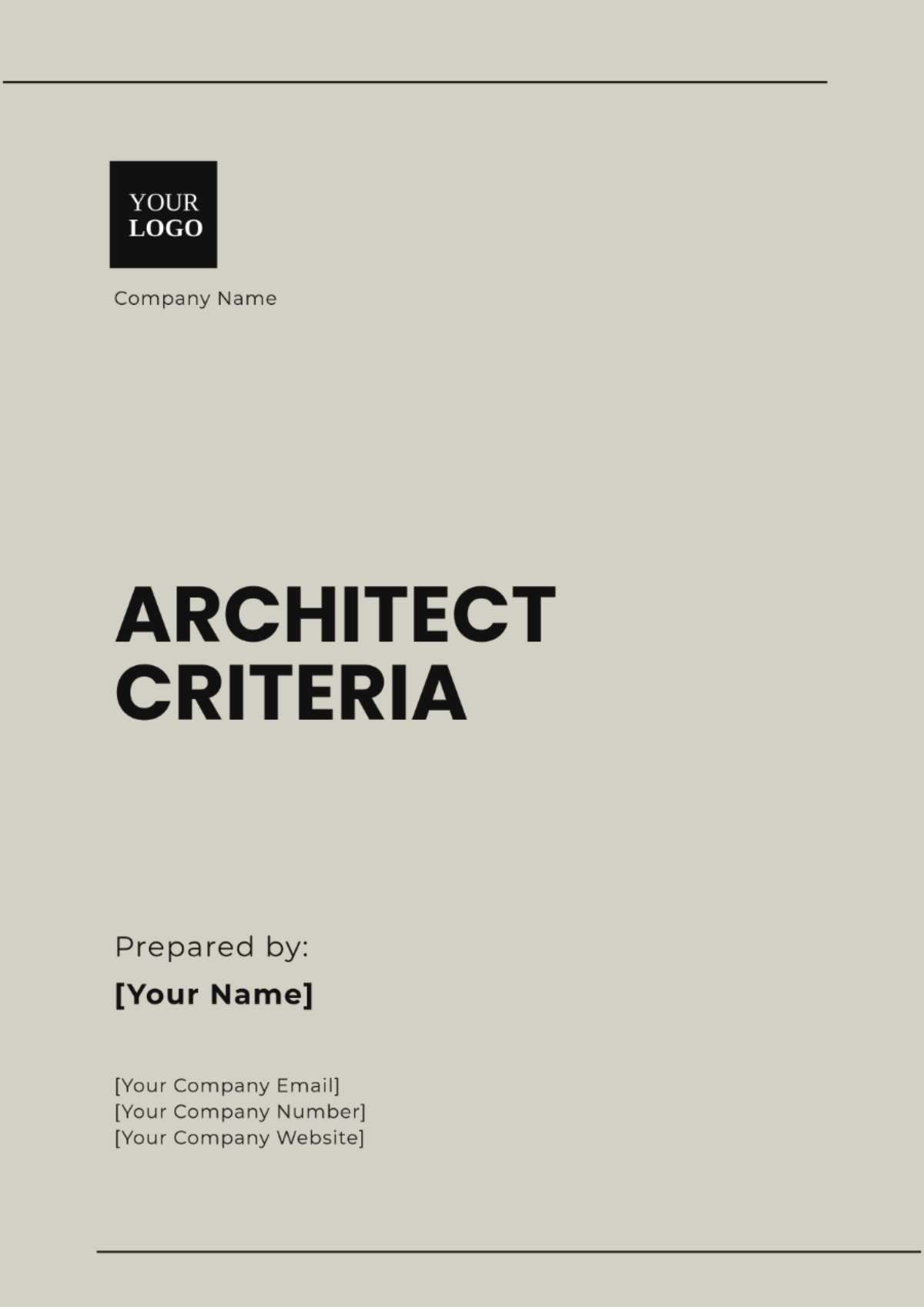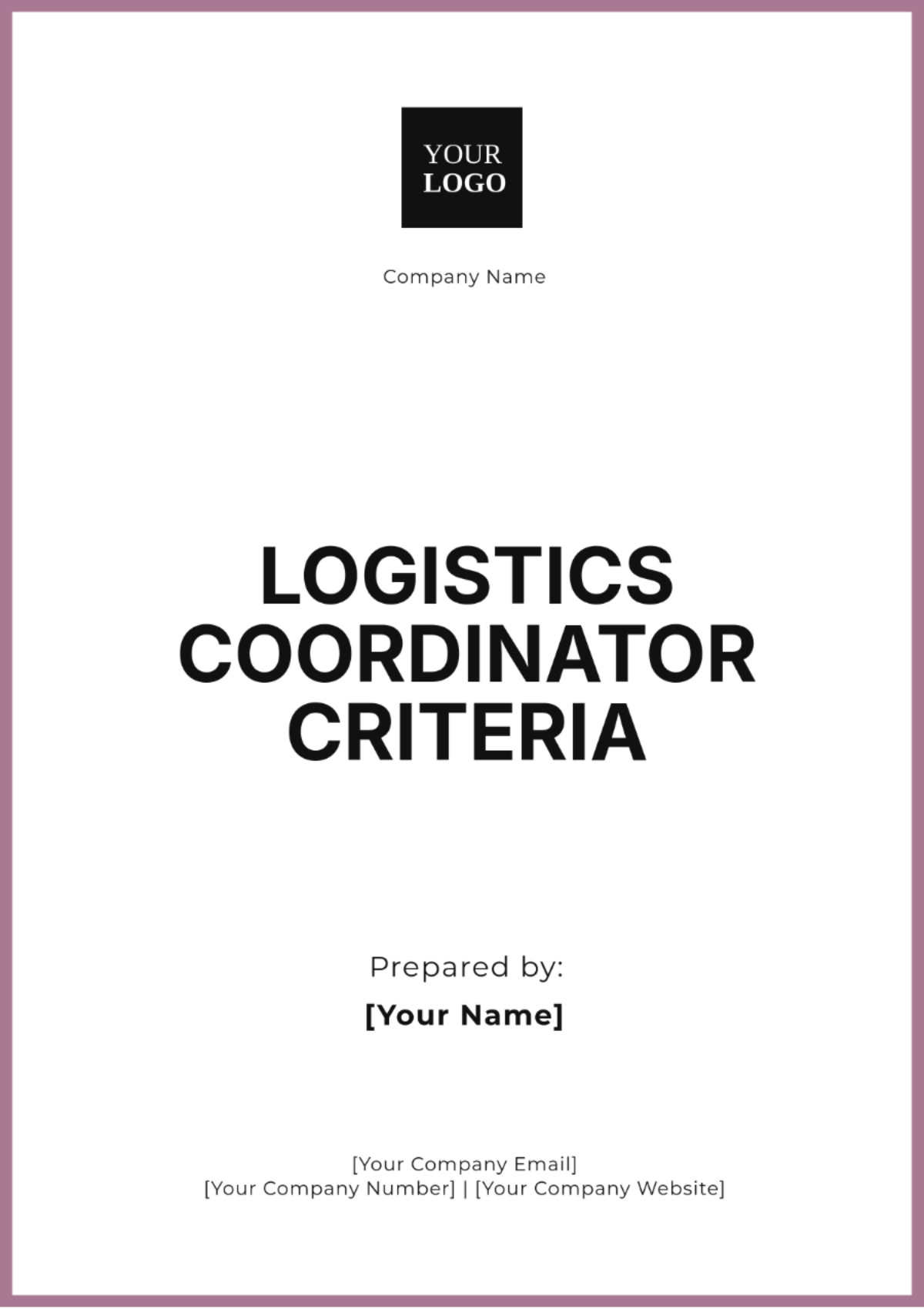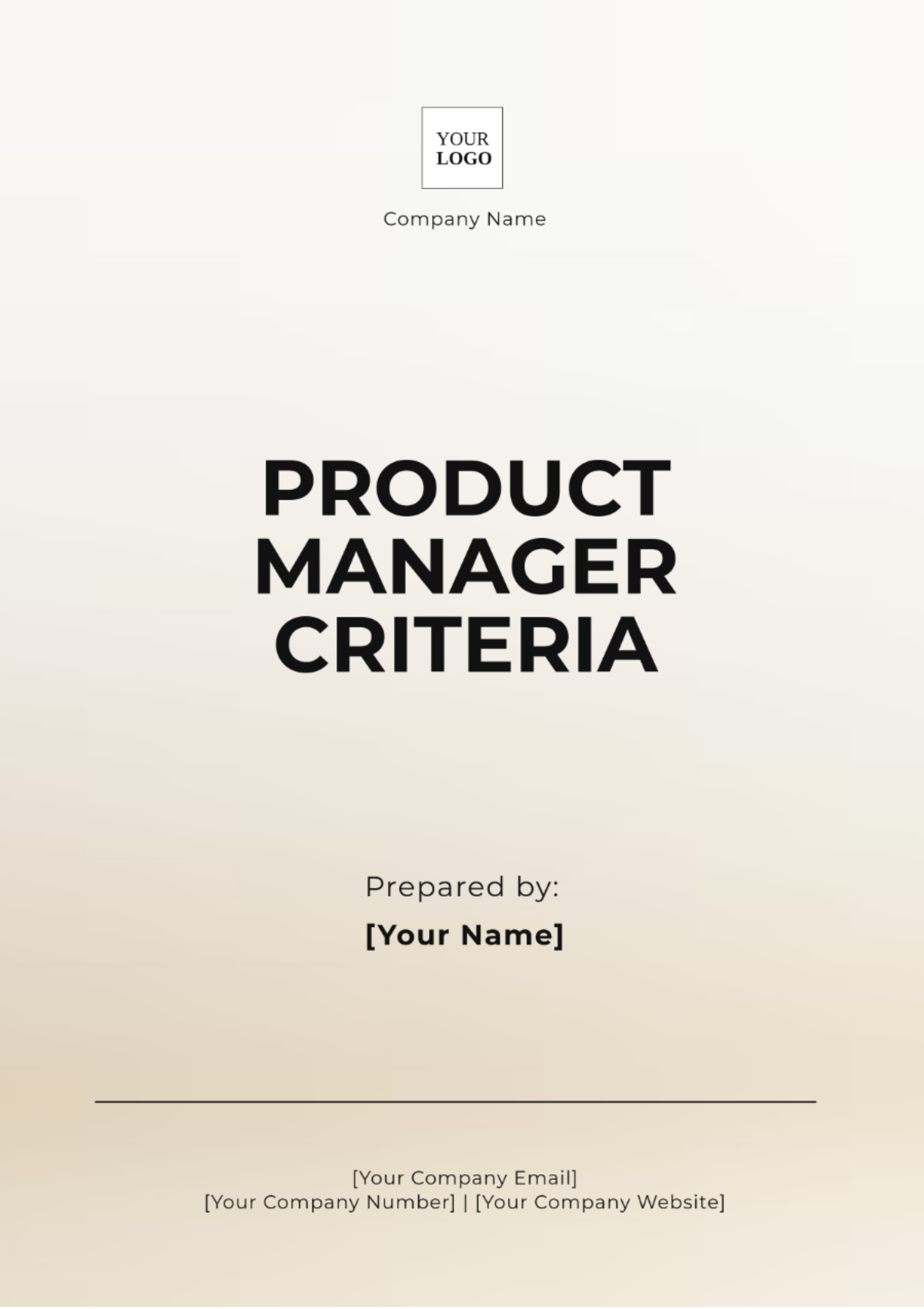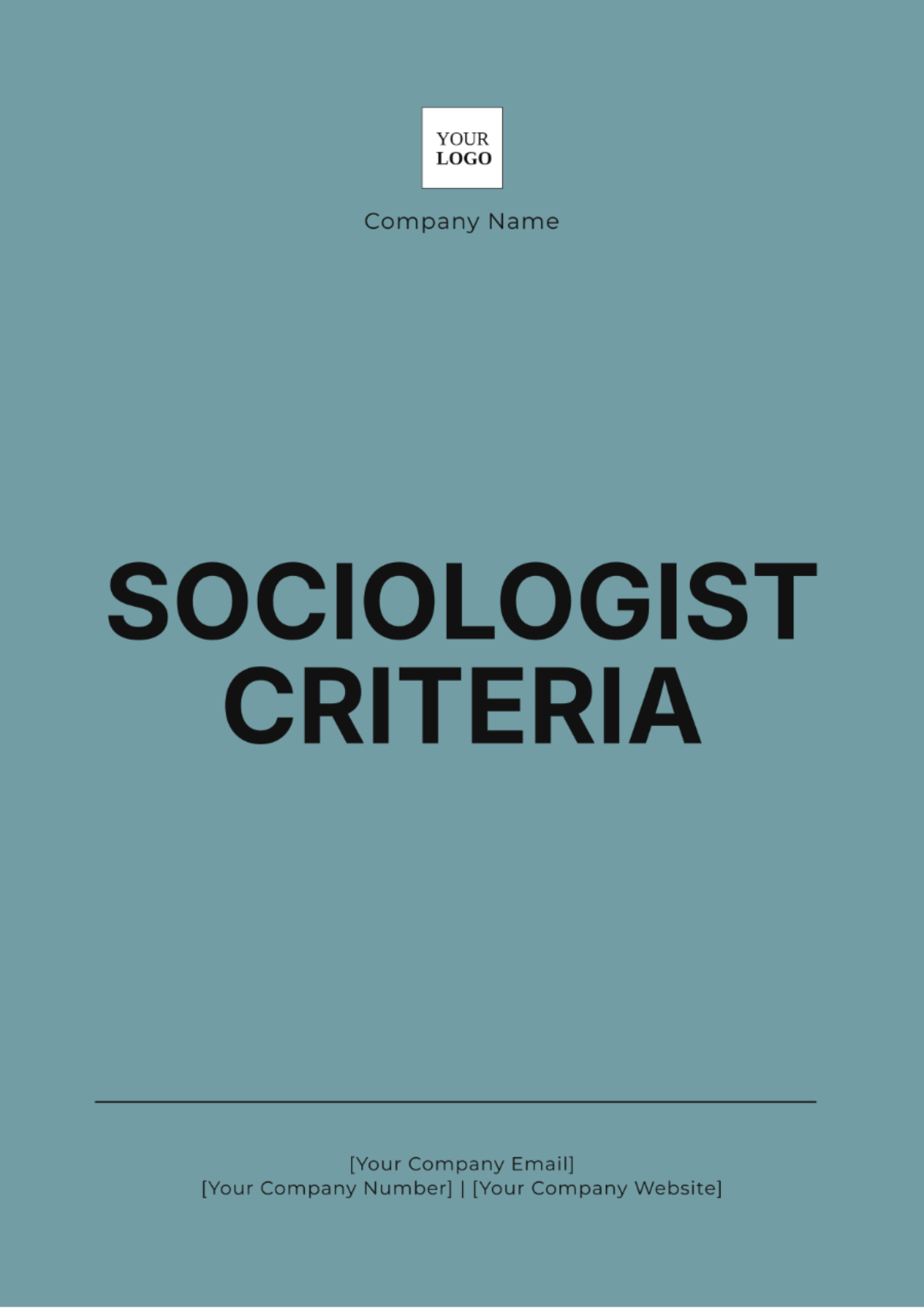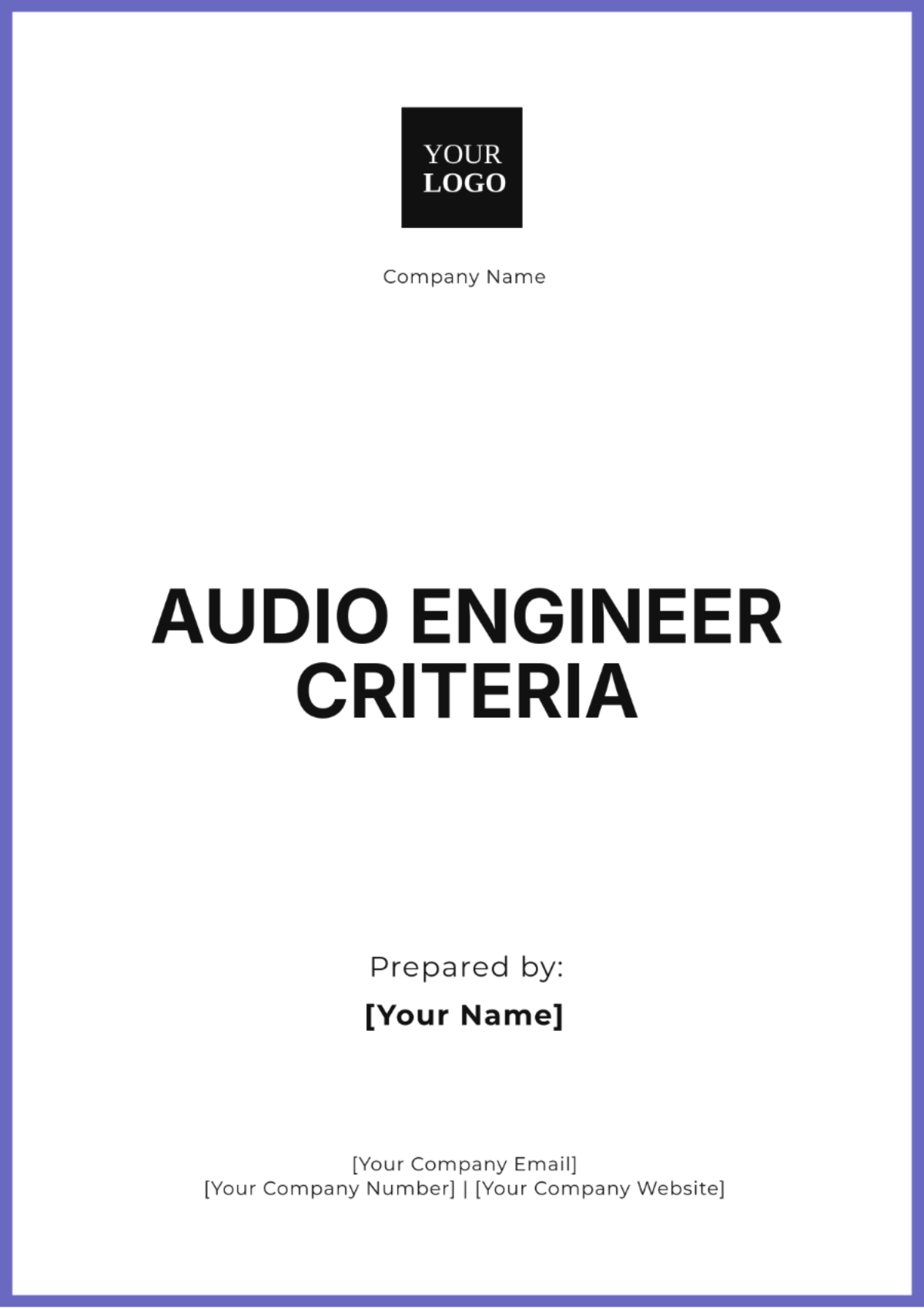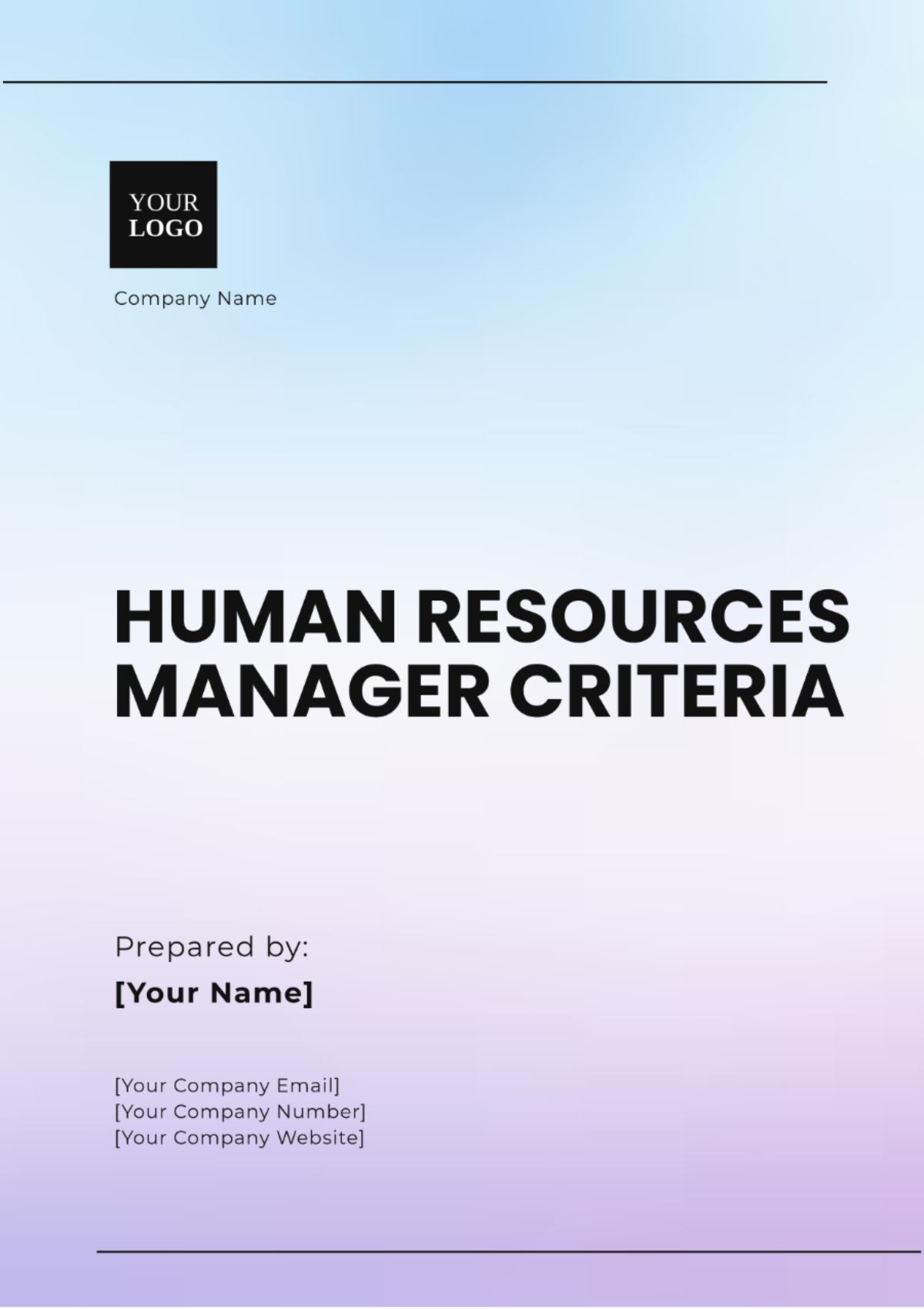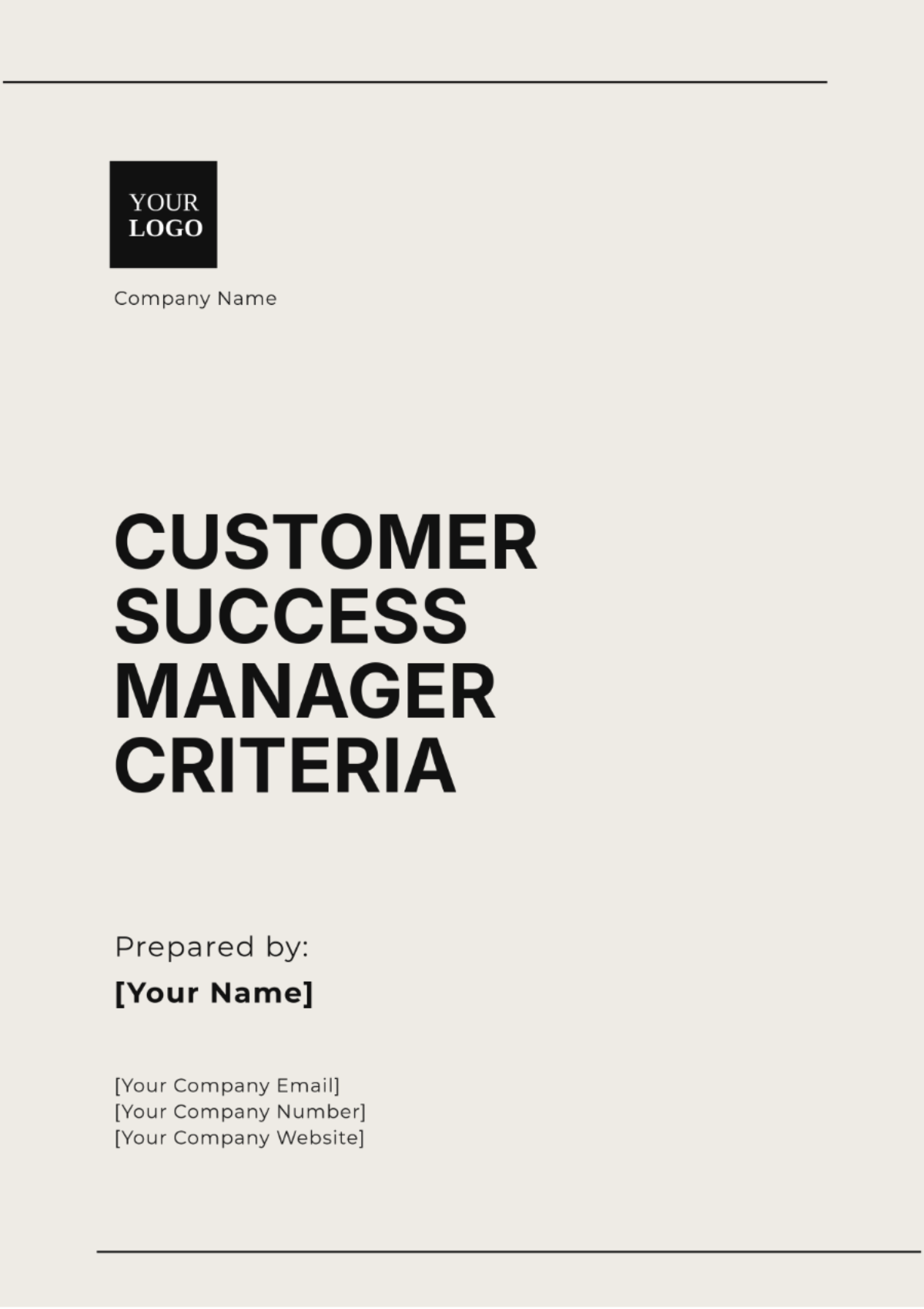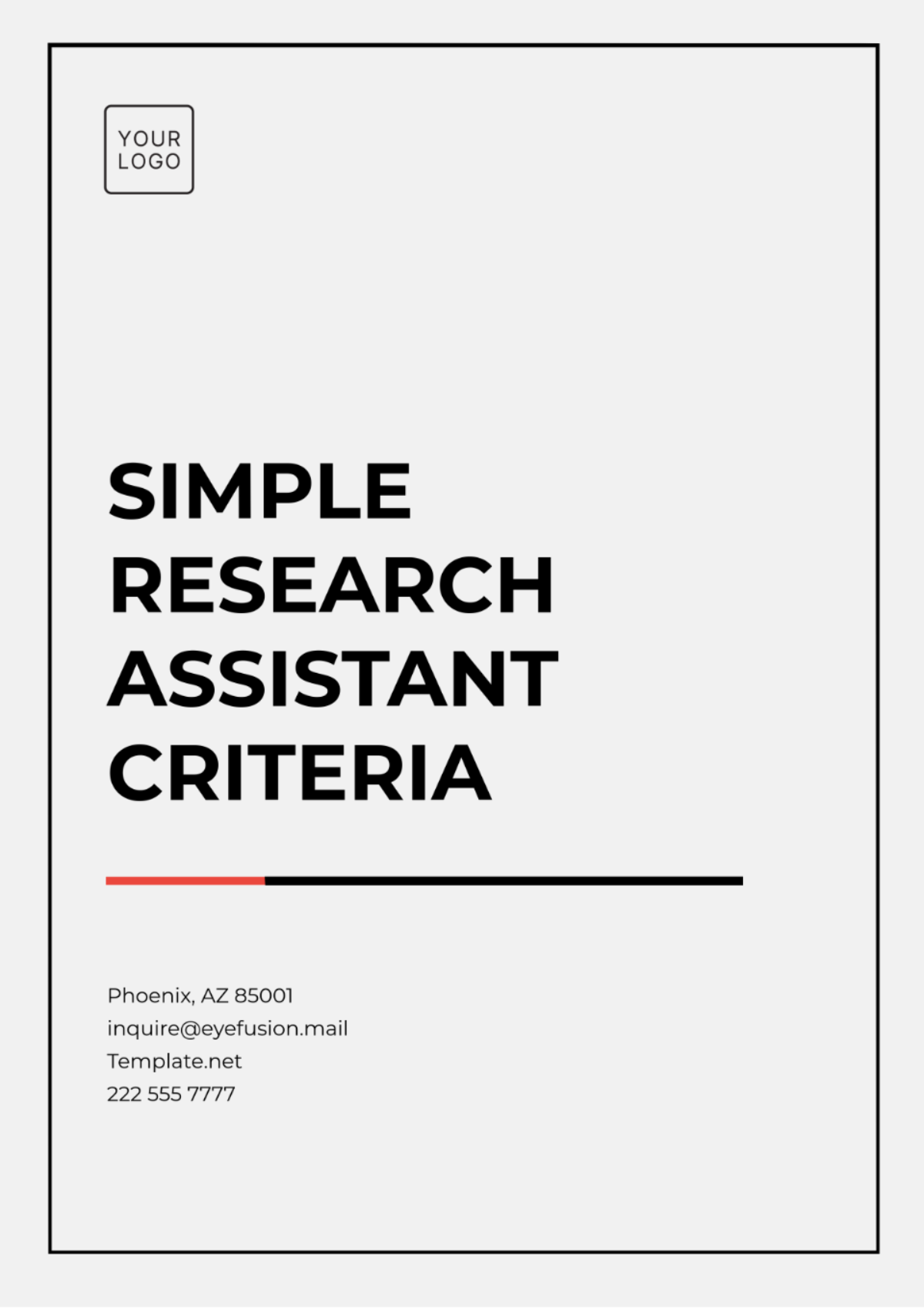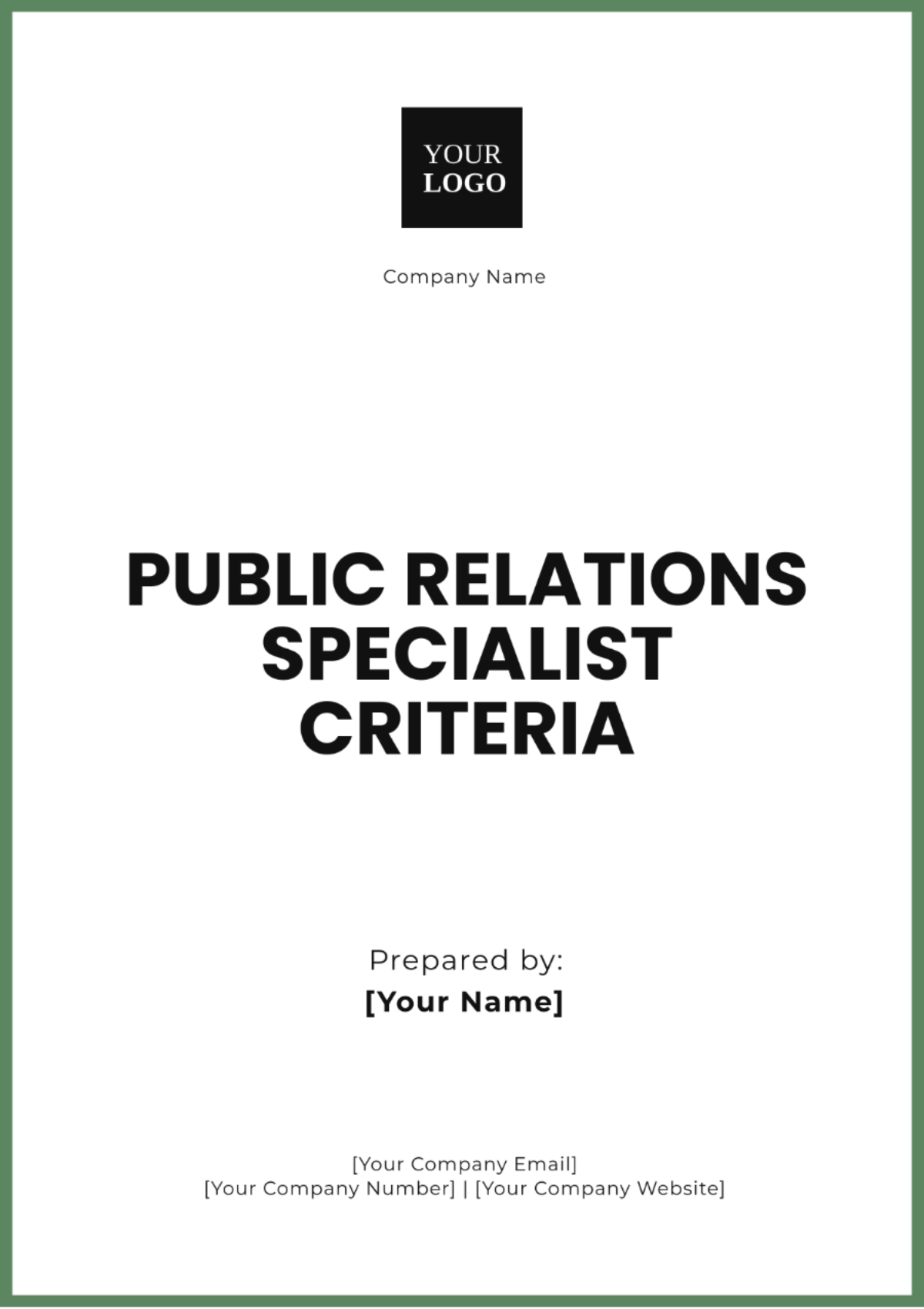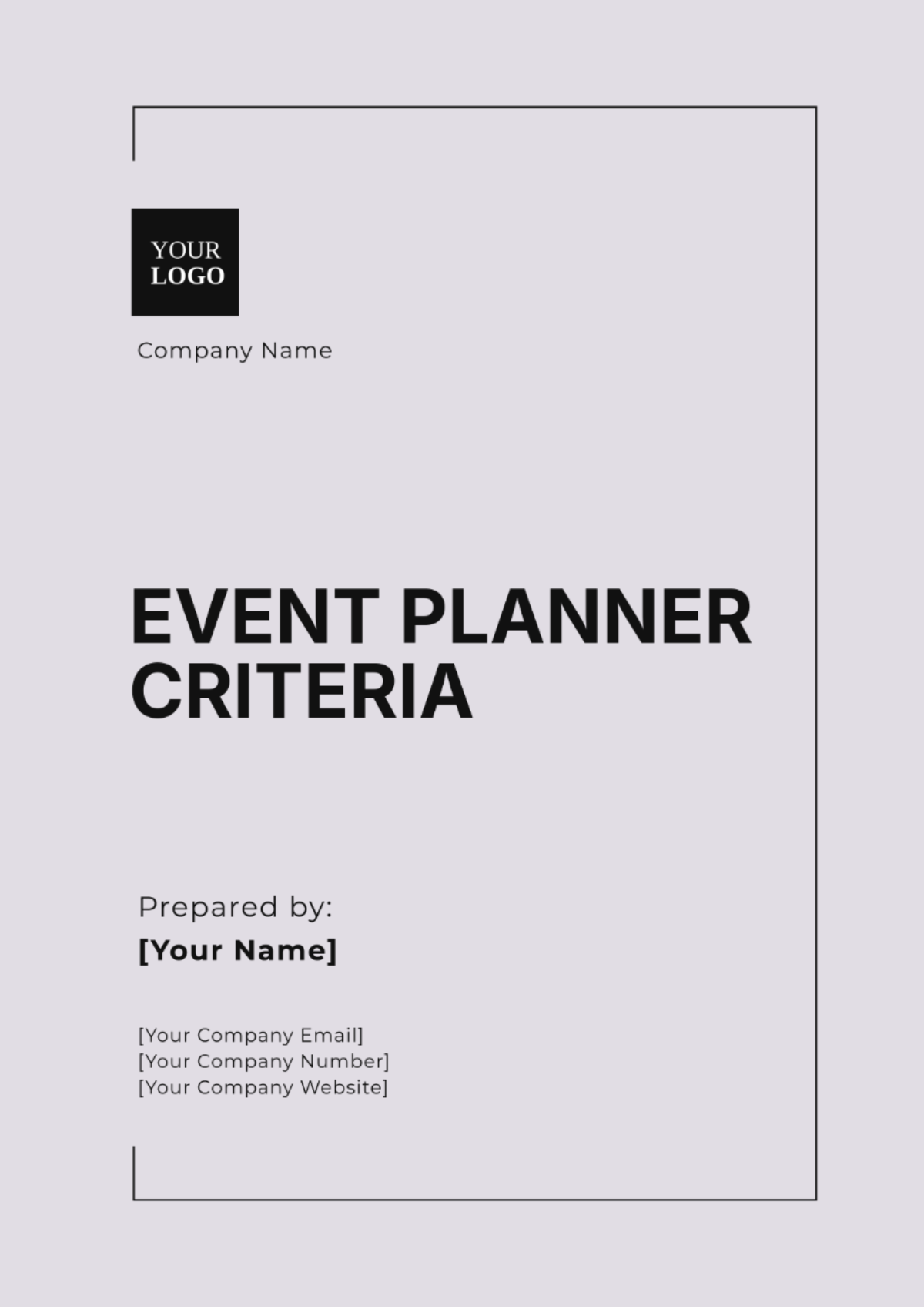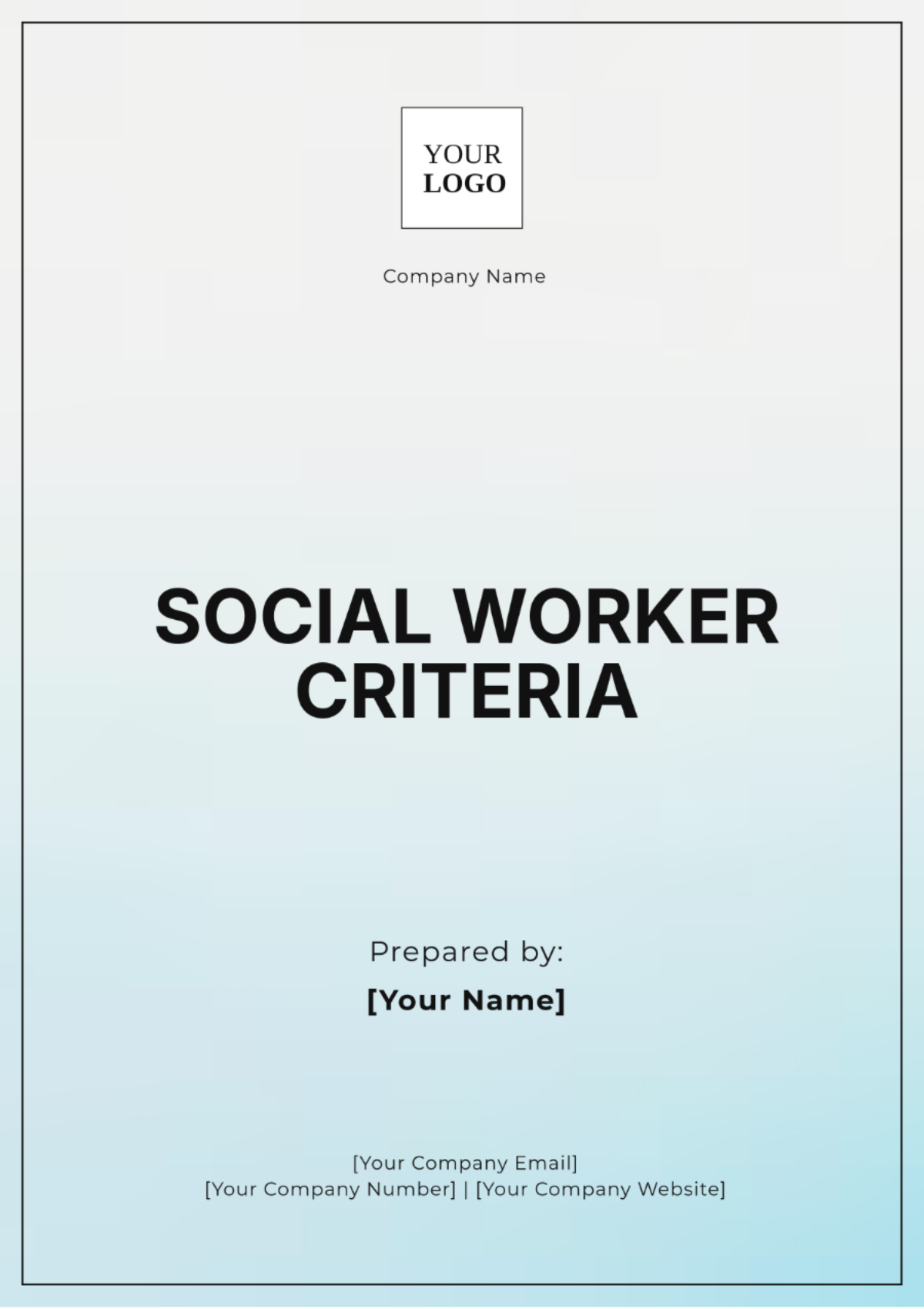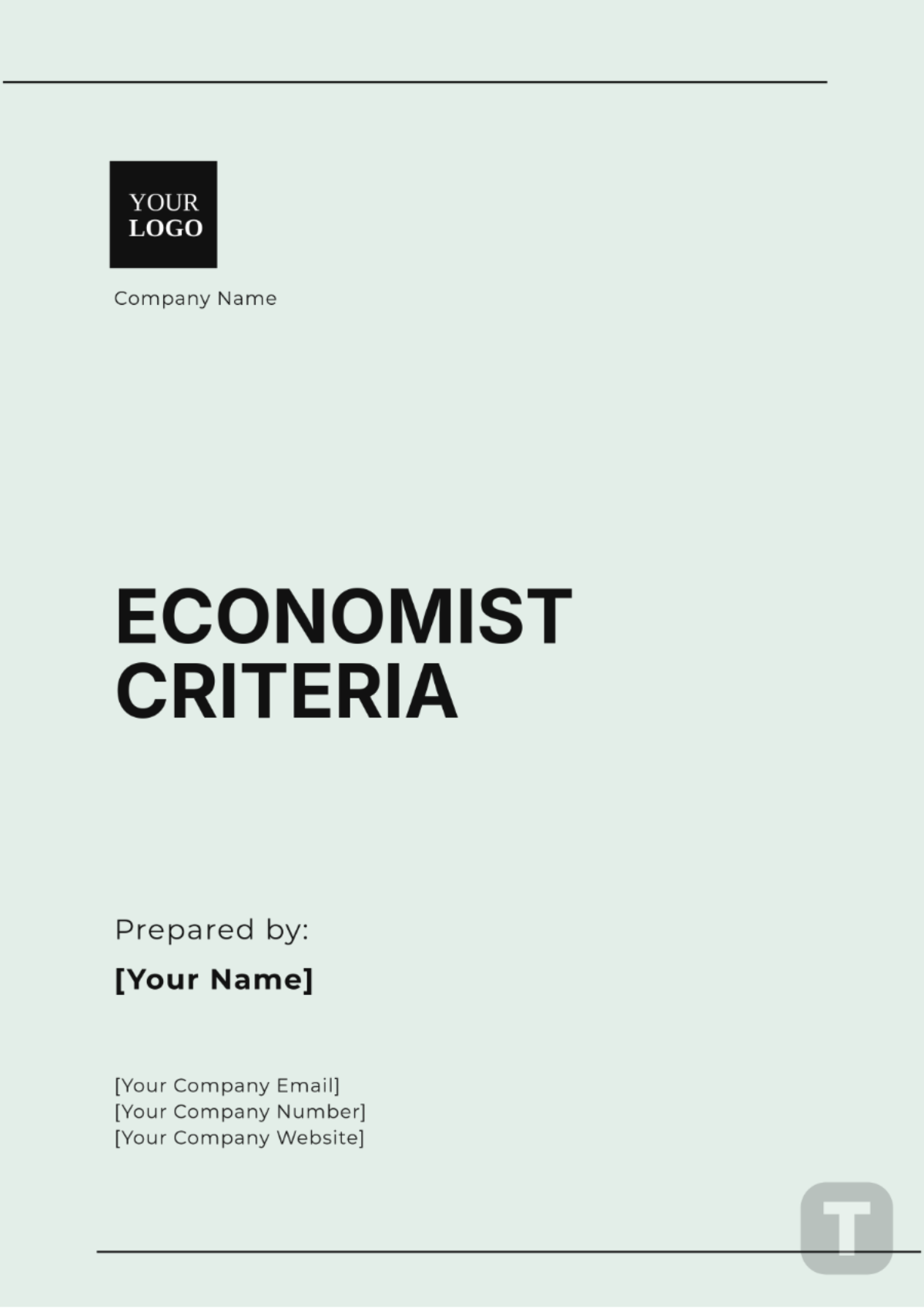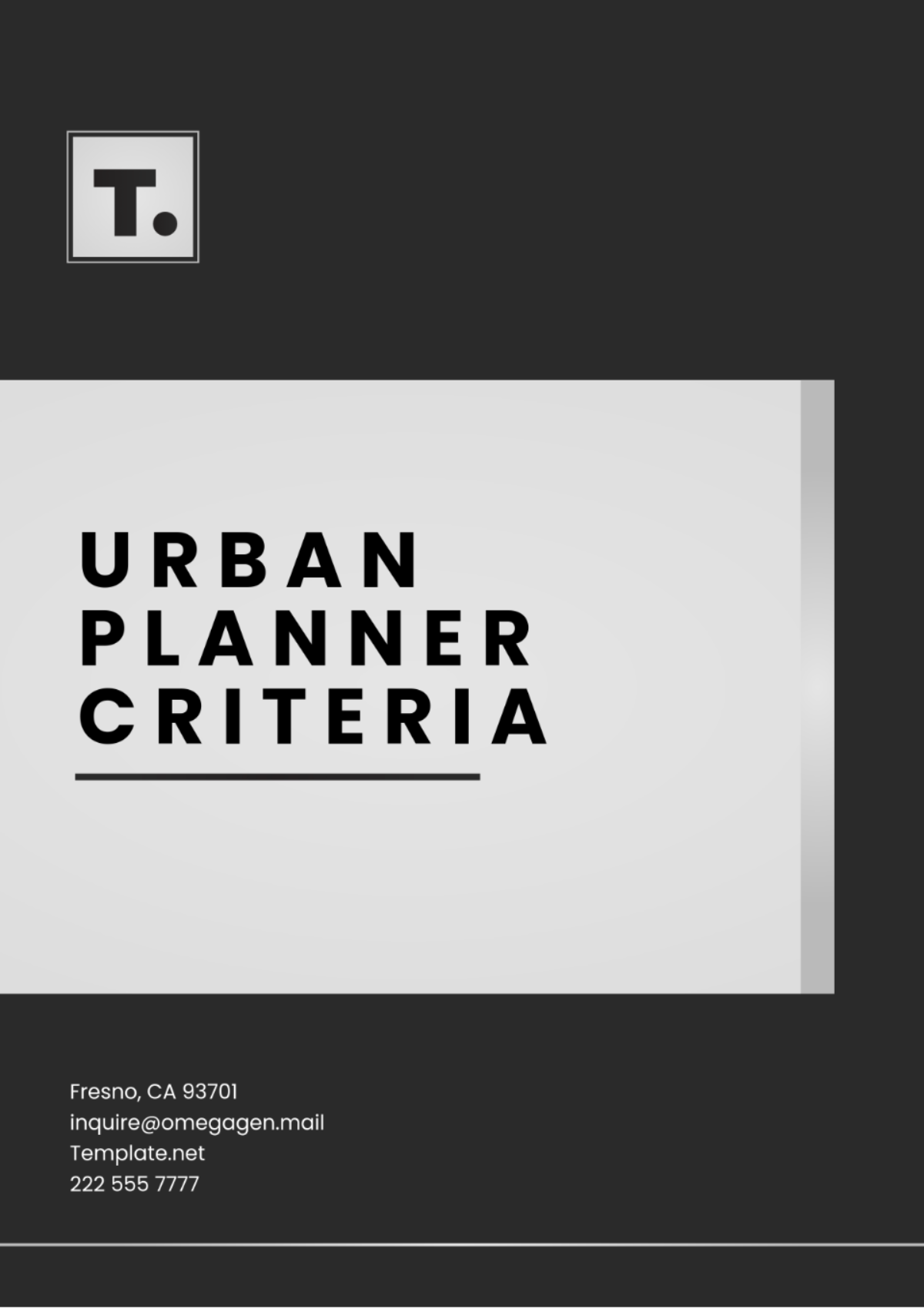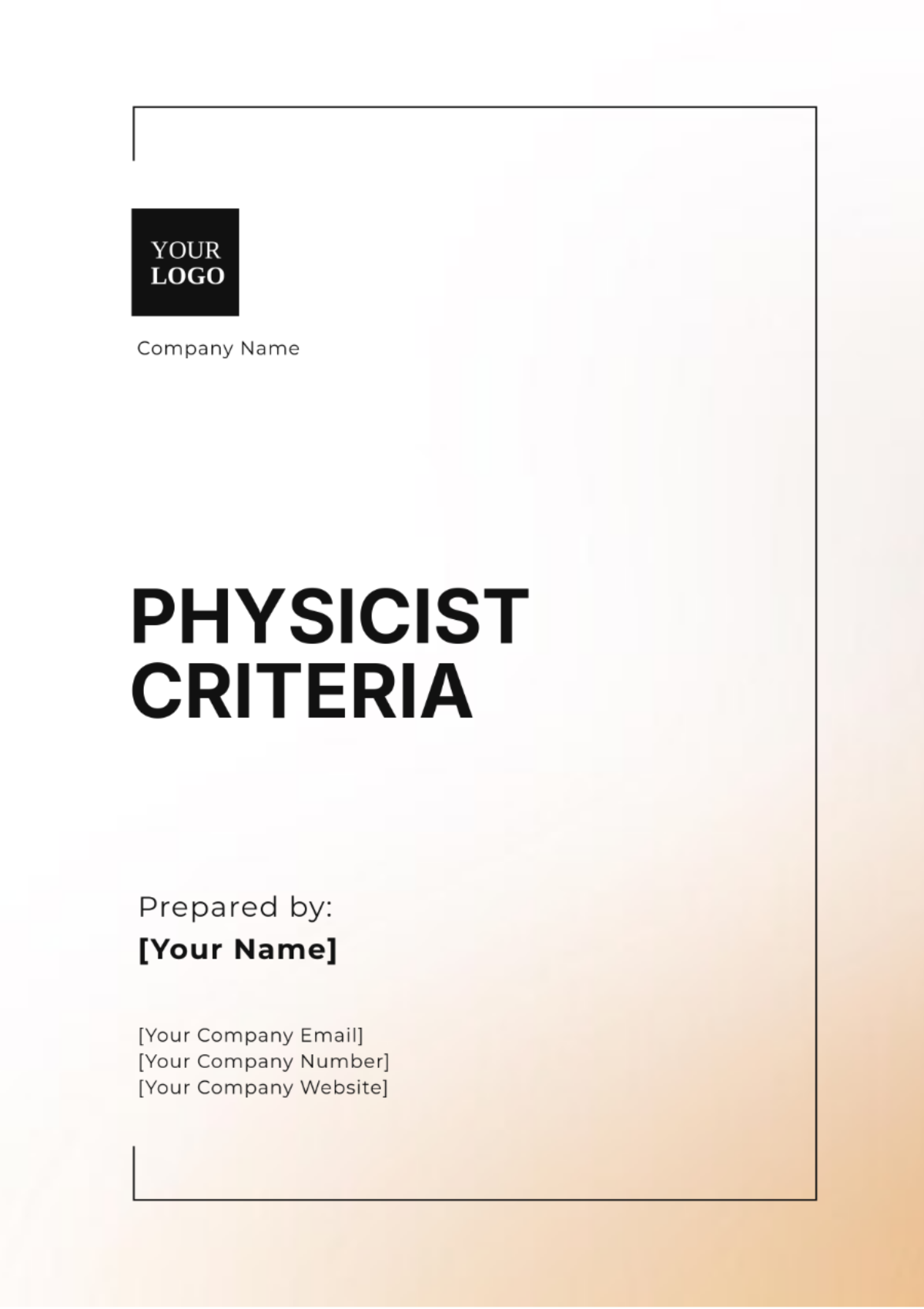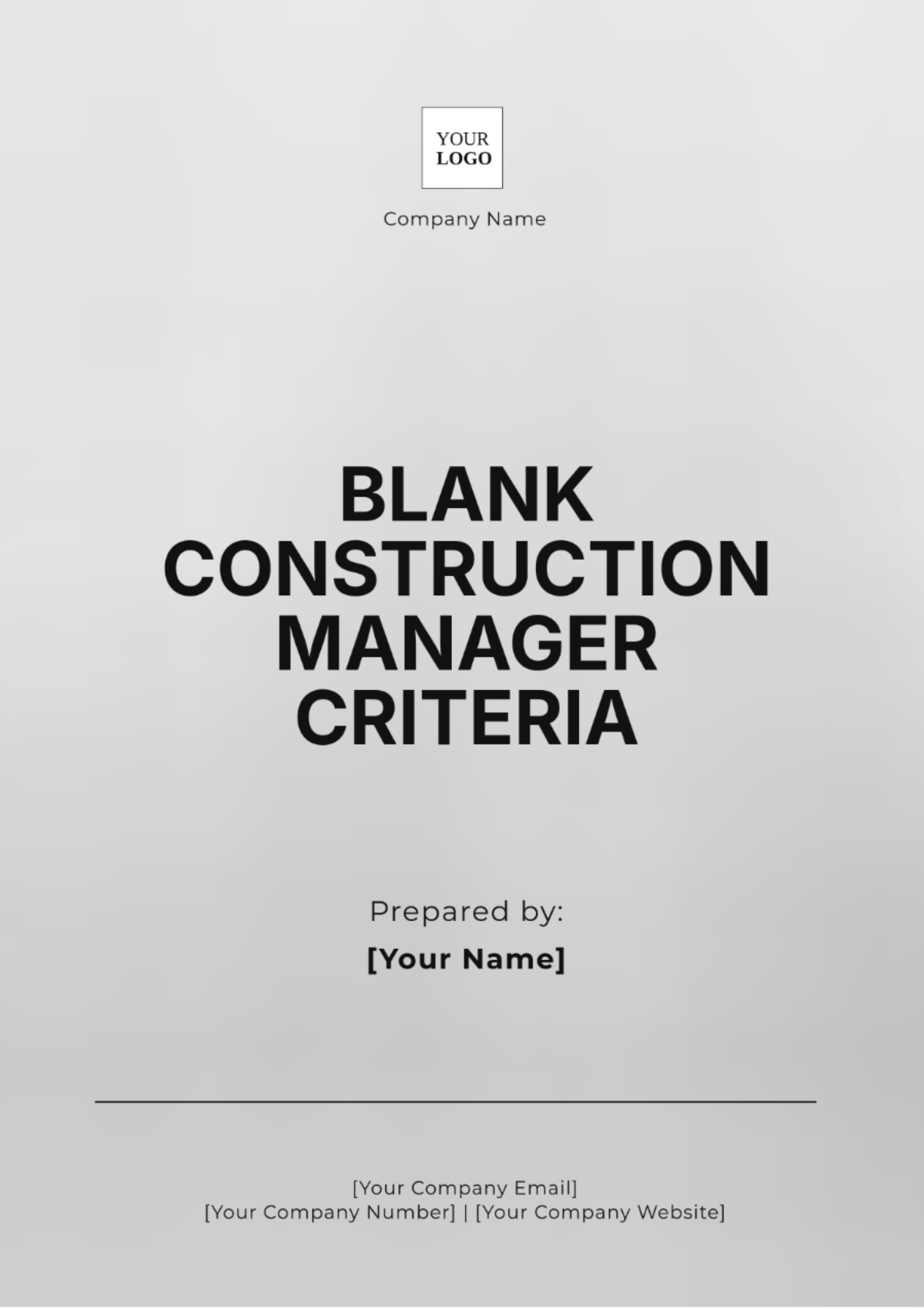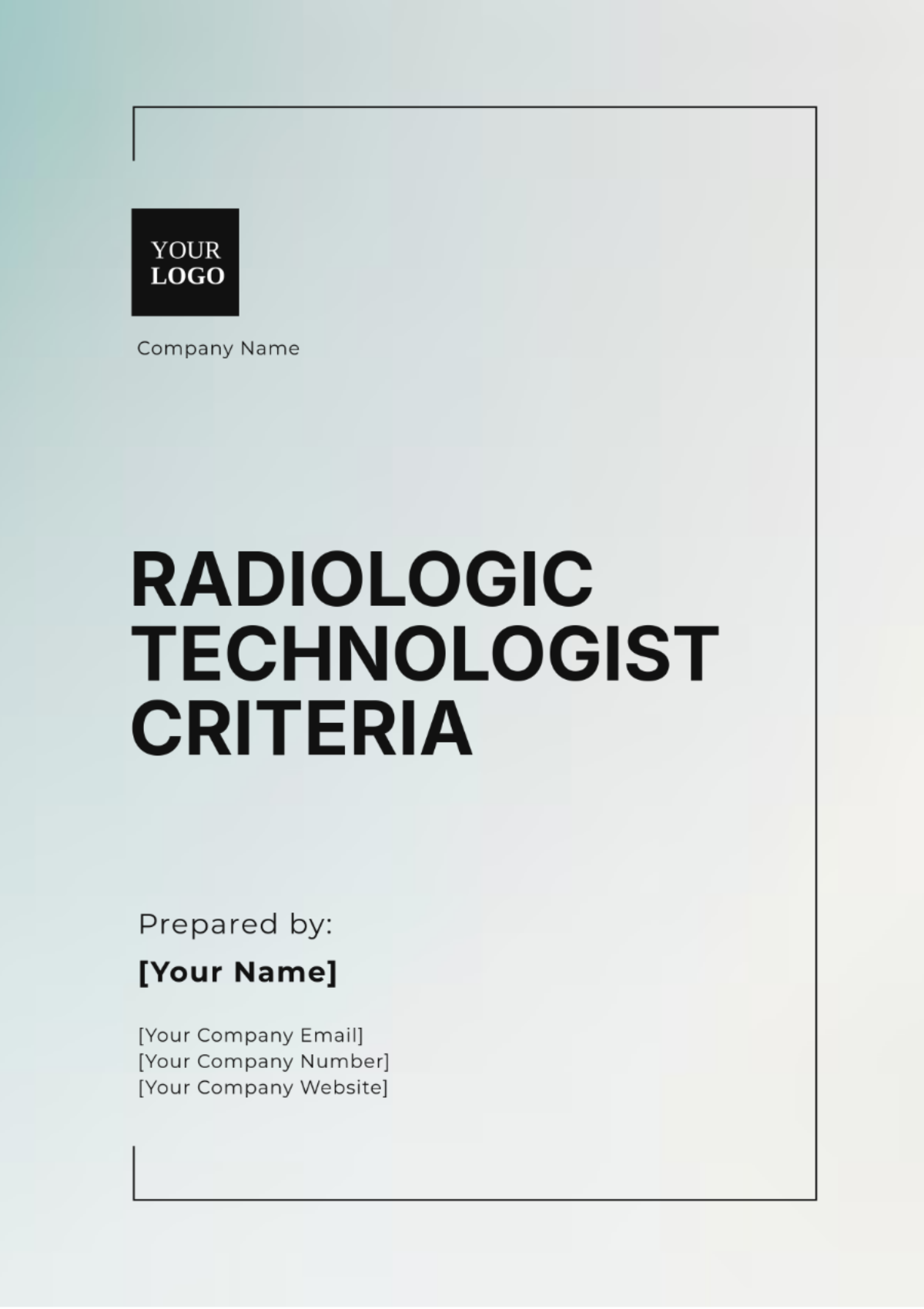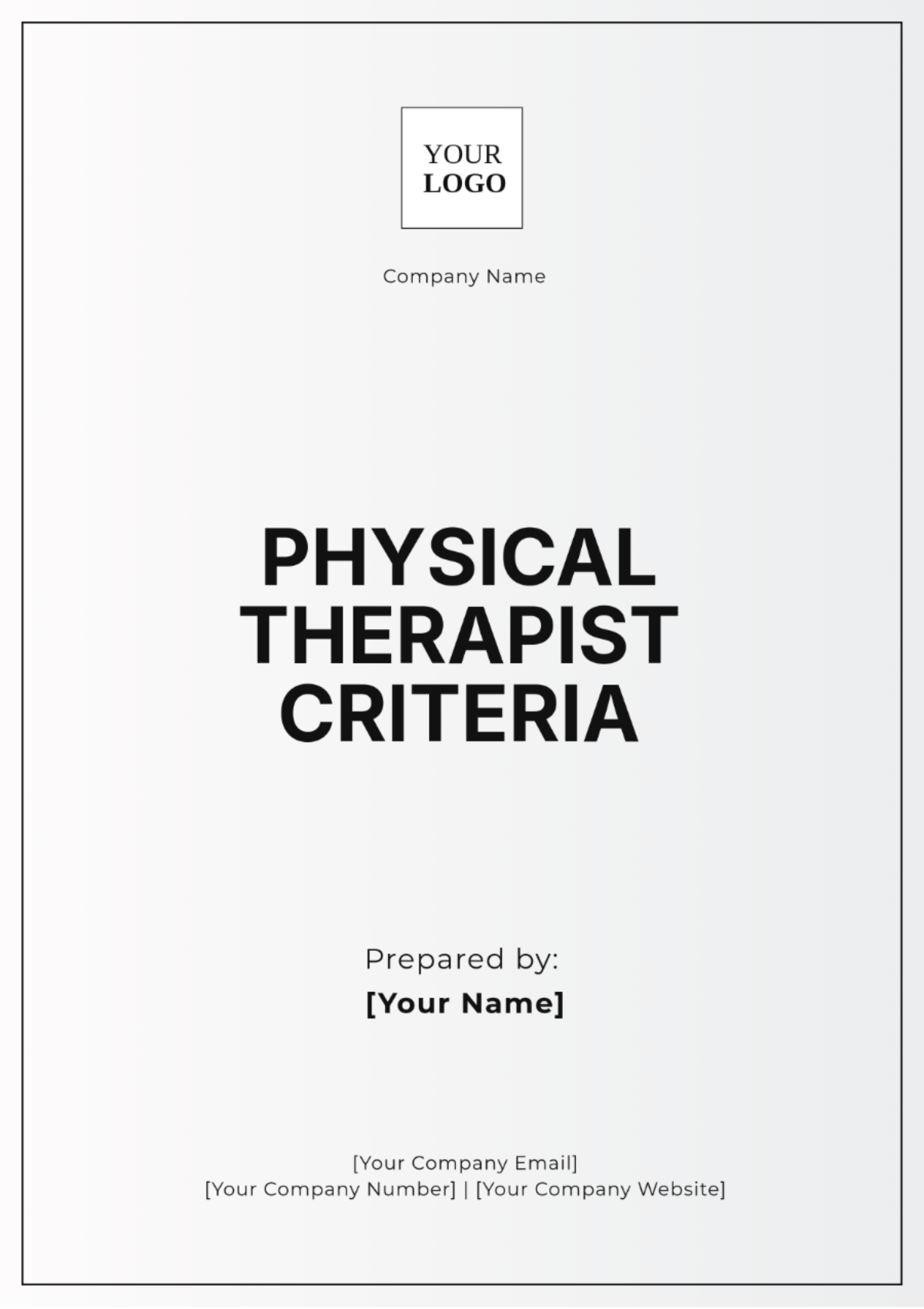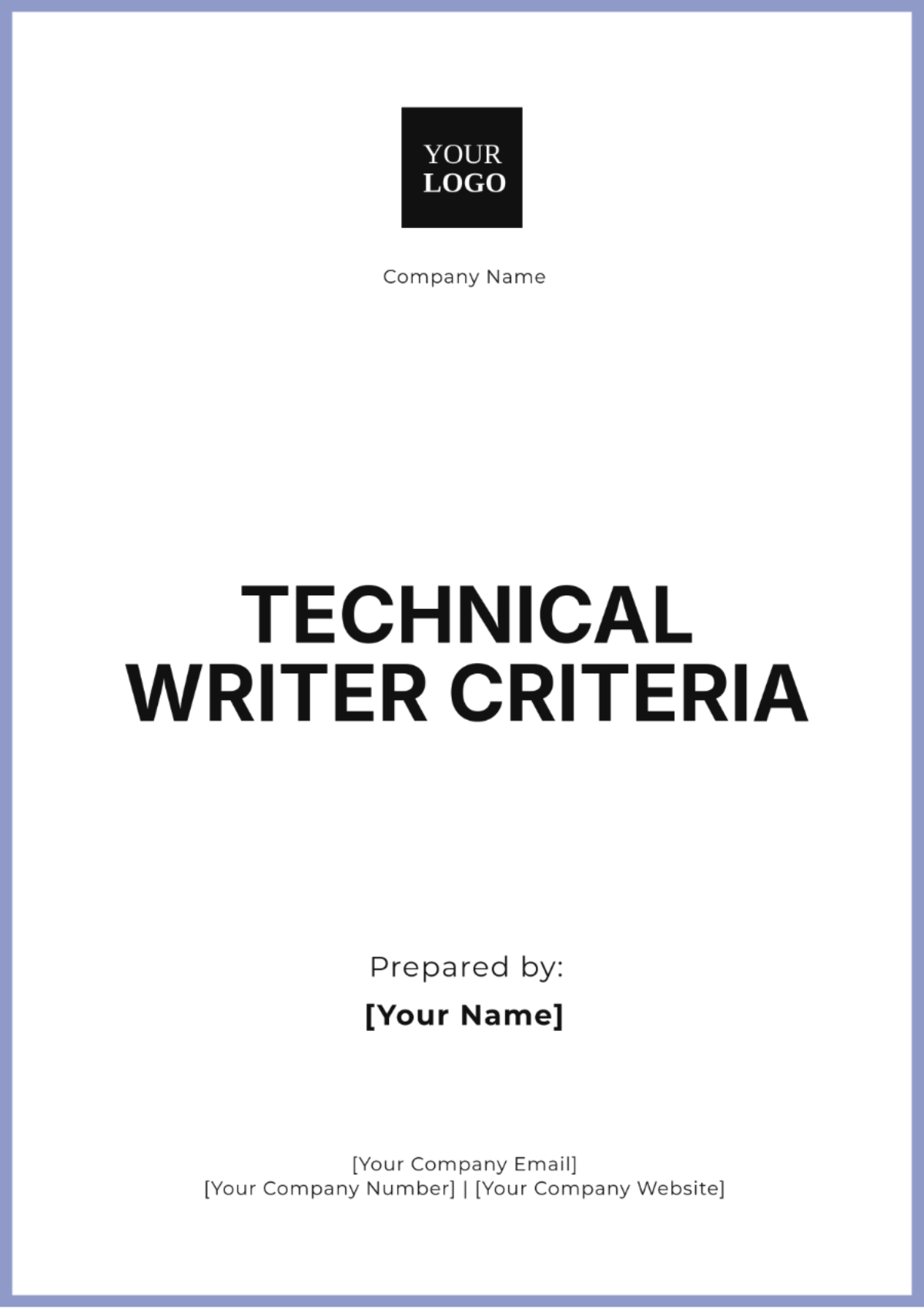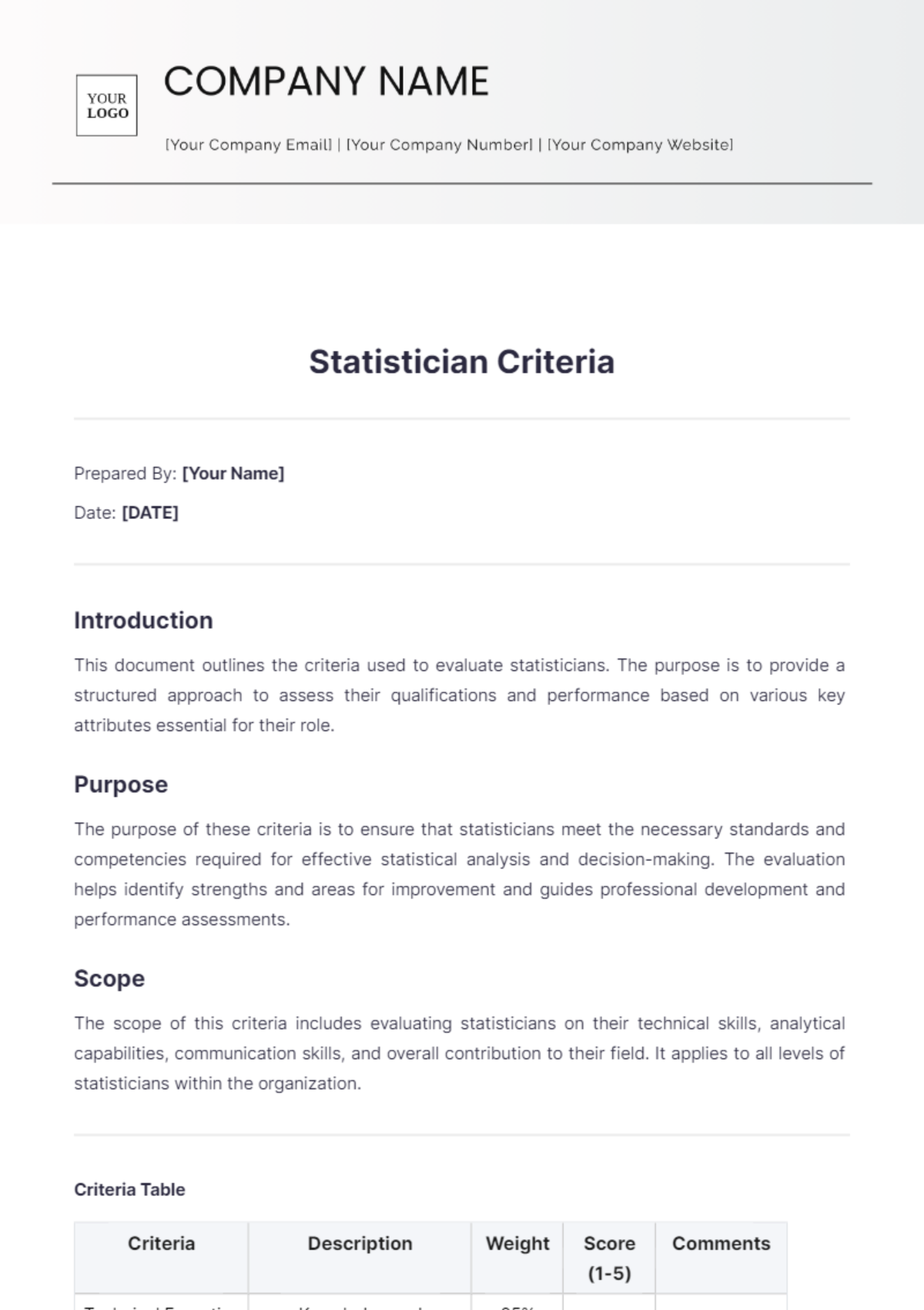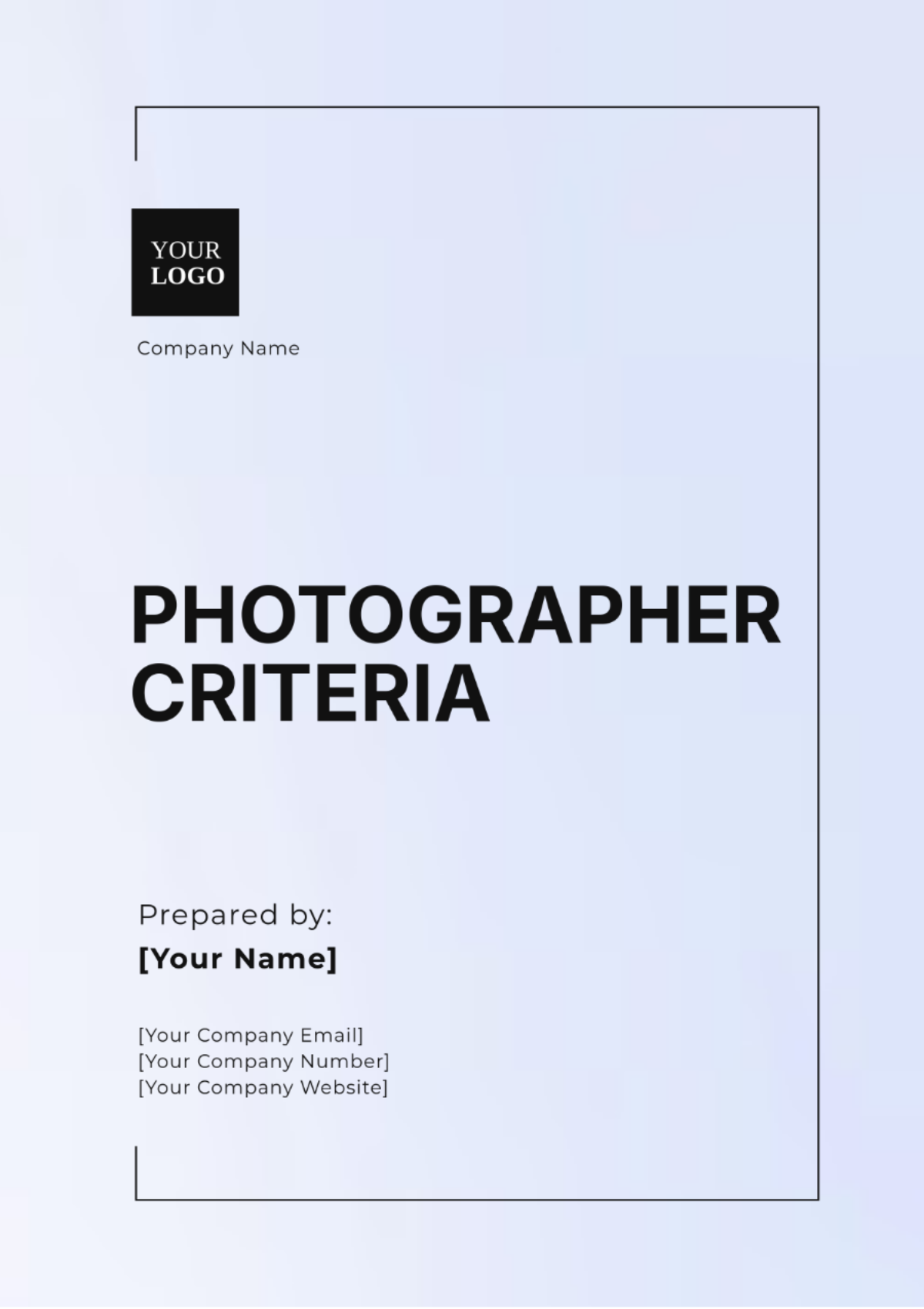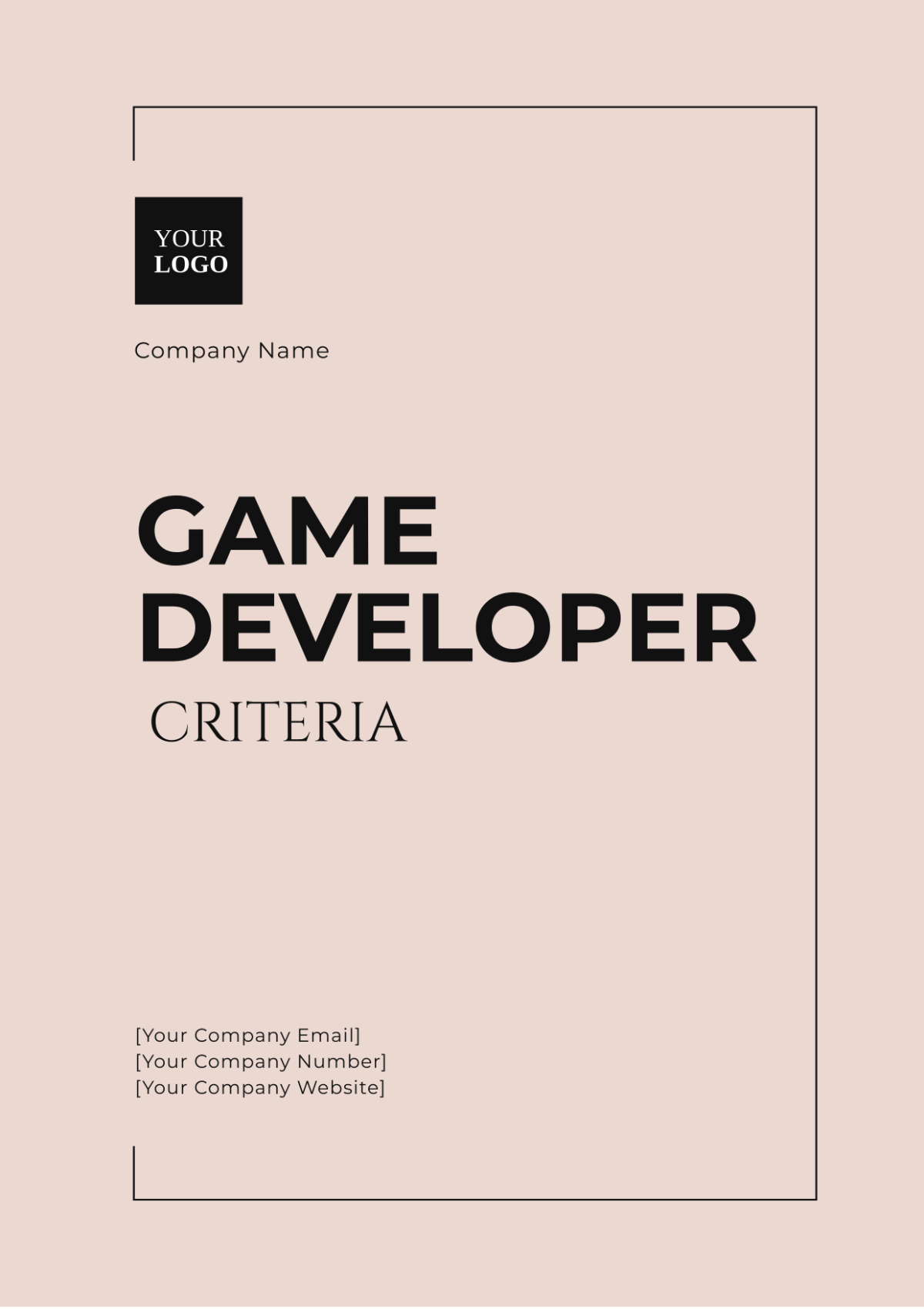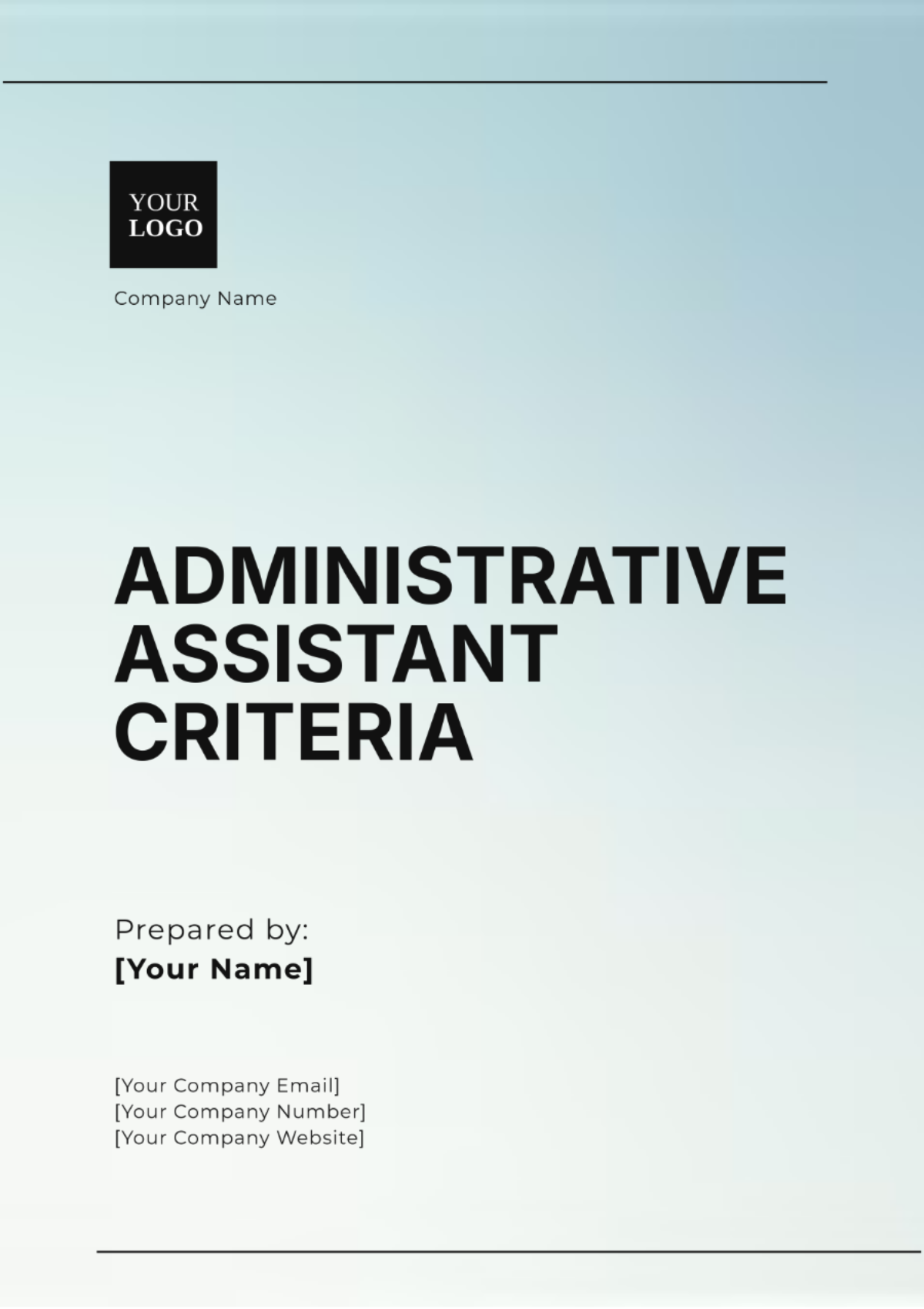Electrical Engineer Criteria
Prepared by: [Your Name]
Date: July 16, 2050
Introduction
This document outlines the key criteria for evaluating candidates applying for the Electrical Engineer position. These criteria are designed to ensure that candidates possess the necessary qualifications and skills to excel in this role and contribute effectively to our engineering team.
Purpose
The purpose of this evaluation criteria is to provide a clear and comprehensive framework for assessing the qualifications of prospective candidates. By defining specific requirements and rating their importance, we aim to ensure a consistent and objective selection process. This will help identify individuals who not only meet the technical and experiential demands of the position but also fit well within our organizational culture and project requirements.
Scope
The scope of these criteria covers a range of qualifications including educational background, professional experience, technical skills, and other relevant attributes. Each criterion is rated based on its significance to the role:
Criteria | Description | Importance | Rating (1-5) |
|---|---|---|---|
Educational Background | A bachelor's degree in Electrical Engineering or a related field. | High | |
Professional Experience | Minimum of 3 years of experience in electrical engineering roles. | High | |
Technical Skills | Proficiency in circuit design, CAD software, and electrical schematics. | High | |
Certifications | Relevant certifications such as PE (Professional Engineer) license. | Medium | |
Project Management | Experience in managing electrical engineering projects from conception to completion. | Medium | |
Communication Skills | Ability to effectively communicate complex technical information to non-technical stakeholders. | High | |
Team Collaboration | Proven track record of working collaboratively within multi-disciplinary teams. | Medium | |
Problem-Solving Abilities | Strong analytical skills to troubleshoot and resolve engineering challenges. | High | |
Software Proficiency | Knowledge of industry-standard engineering software tools such as MATLAB, Simulink, etc. | Medium | |
Continuous Learning | Commitment to ongoing professional development and staying updated with industry trends. | Medium |
Each criterion is rated on a scale from 1 to 5 to reflect its importance, guiding the selection process to prioritize the most critical qualifications.
Evaluation Process
Initial Screening: Review resumes and cover letters to ensure candidates meet the basic educational and experience requirements.
Technical Skills Assessment: Evaluating proficiency in key technical areas through tests and portfolio reviews.
Behavioral and Situational Interviews: Assessing problem-solving abilities, communication skills, project management experience, and teamwork capabilities.
Certification and Continuous Learning Evaluation: Verifying relevant certifications and commitment to ongoing professional development.
Final Interview and Reference Check: Conduct a comprehensive interview with senior management and verify past performance through reference checks.
